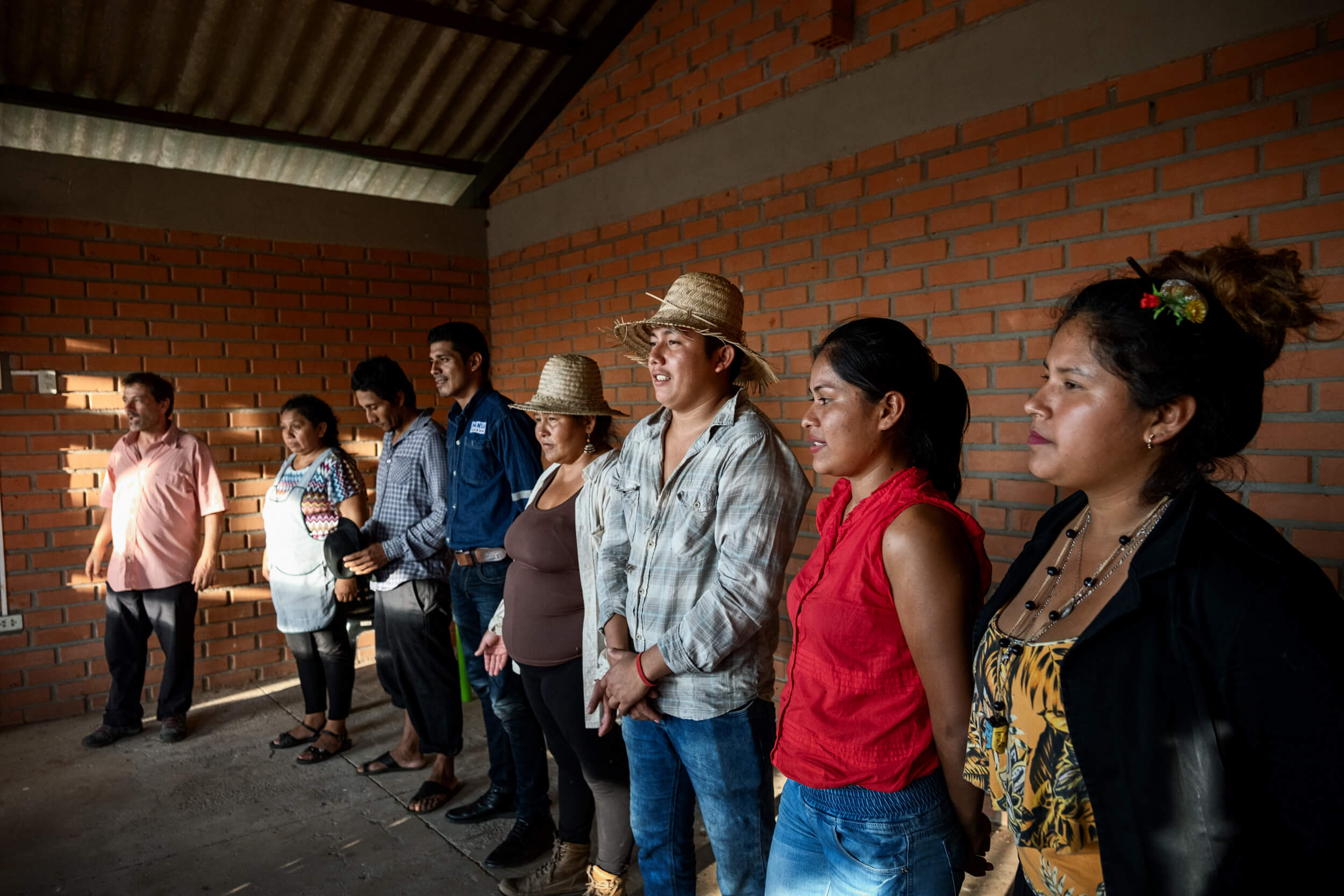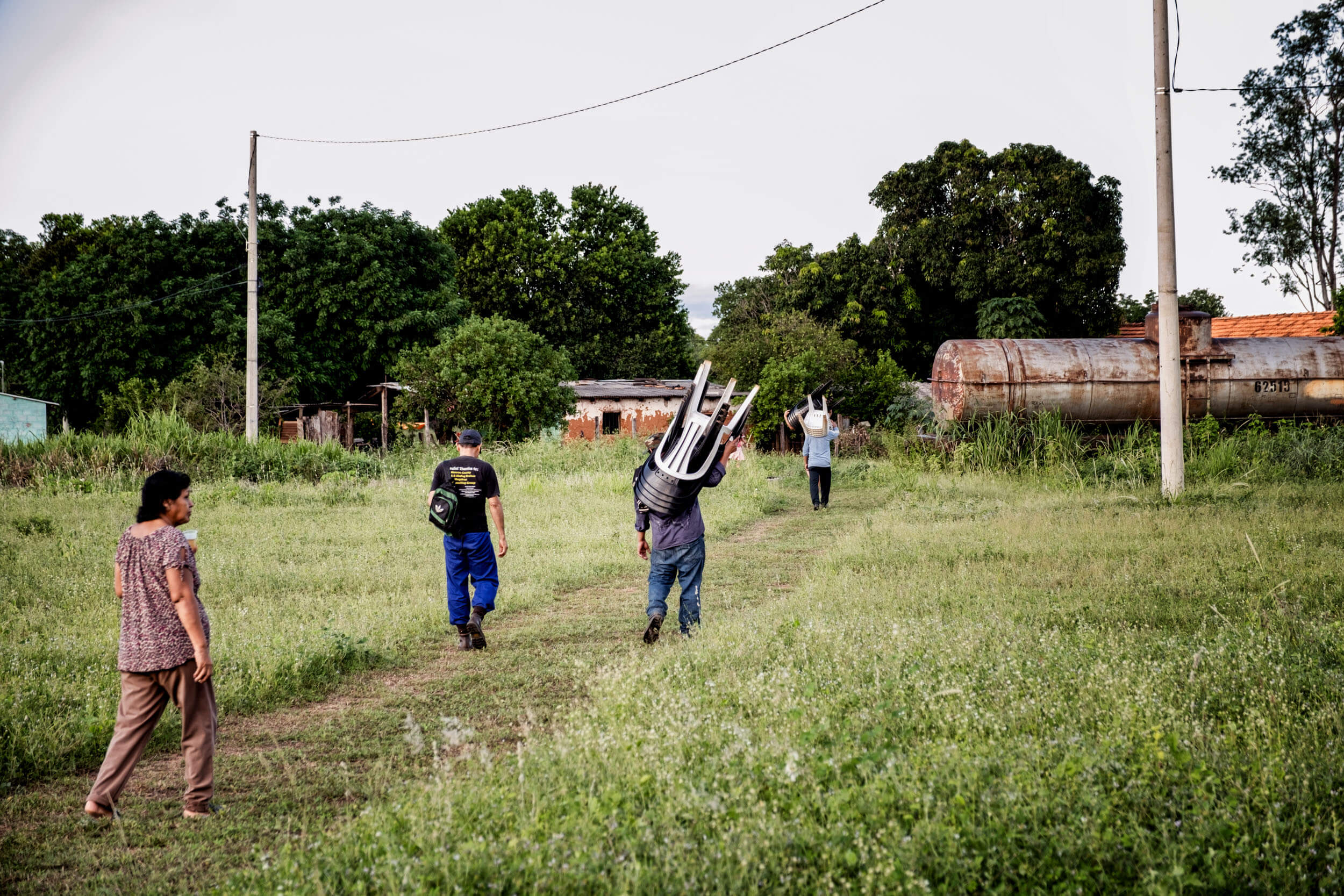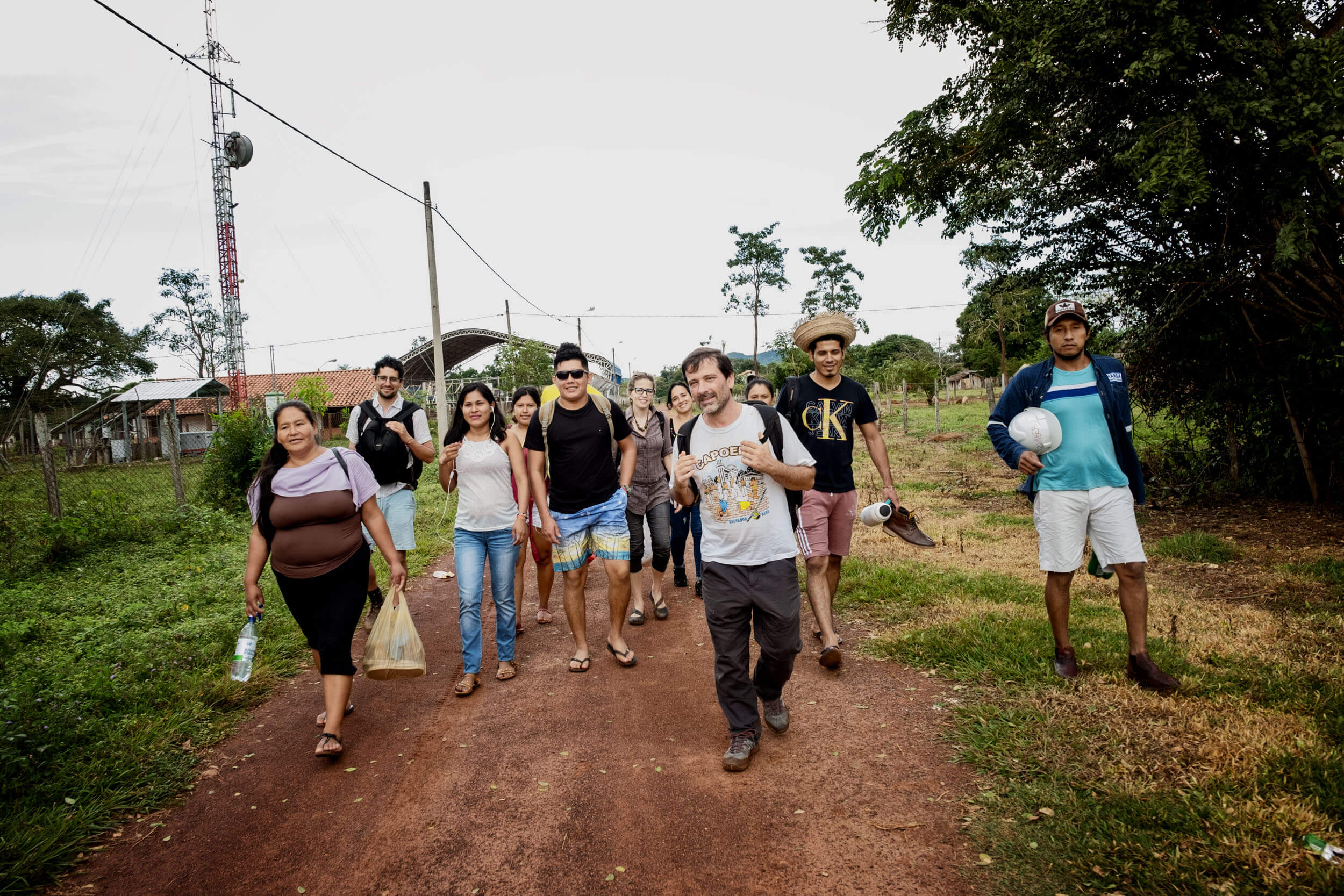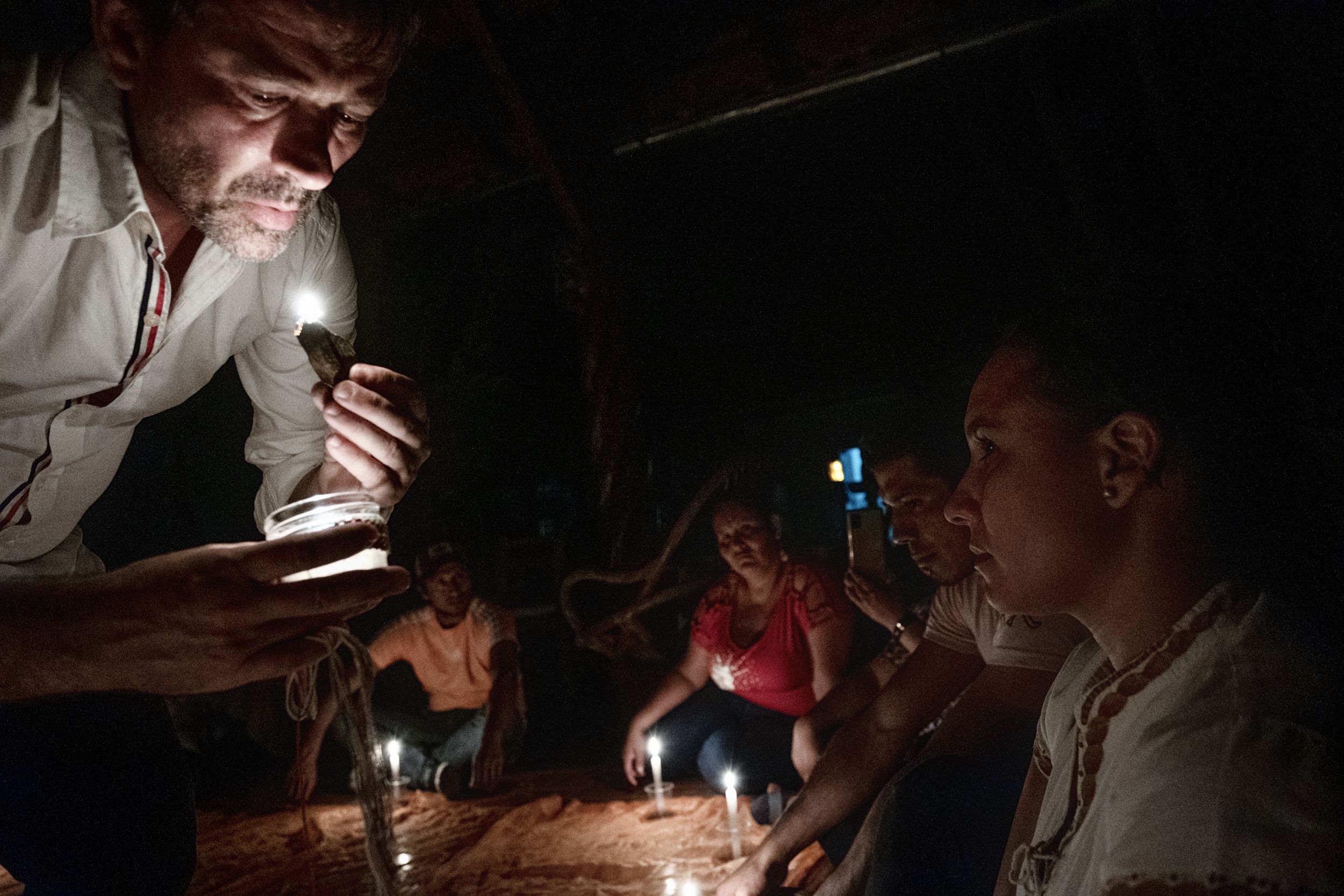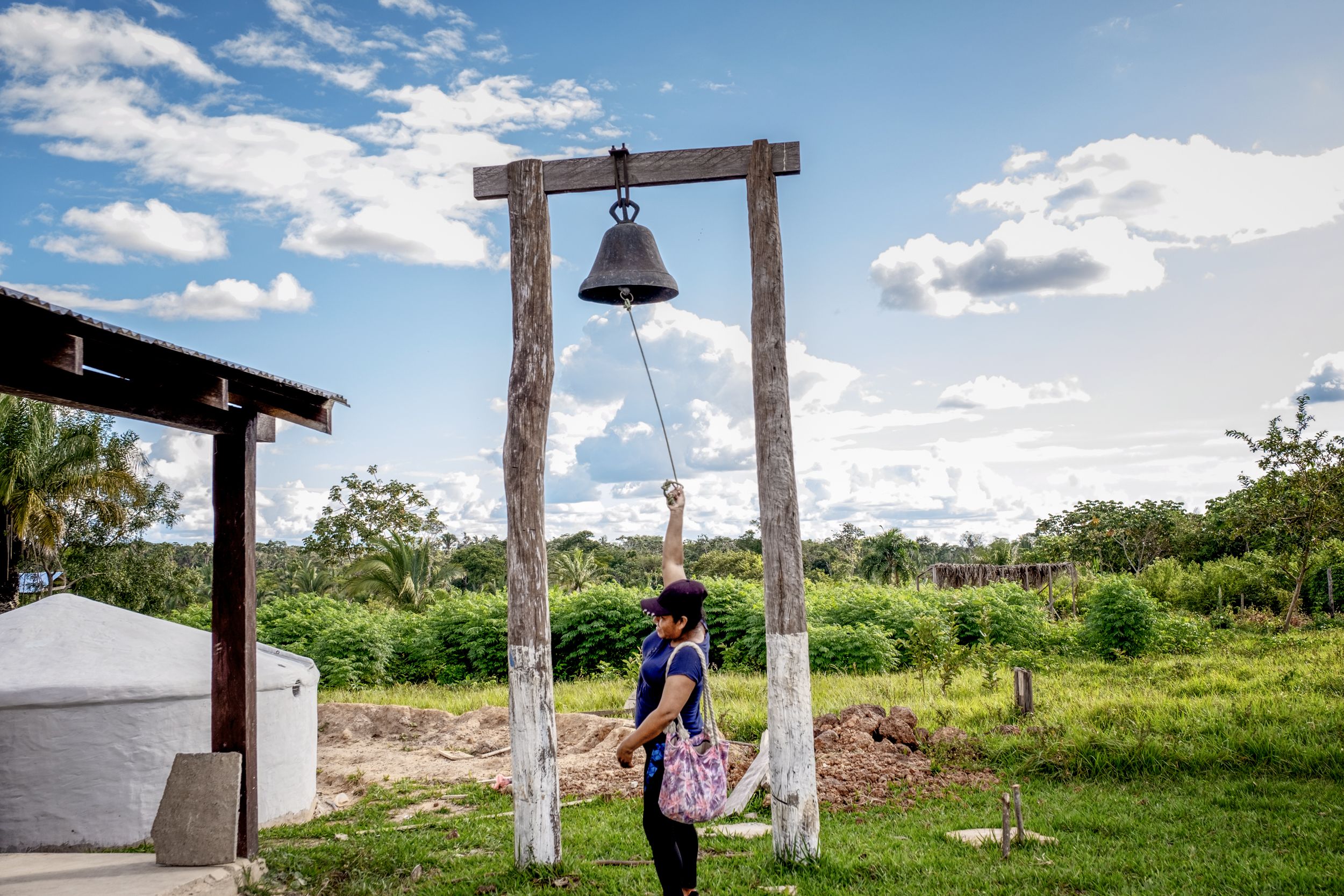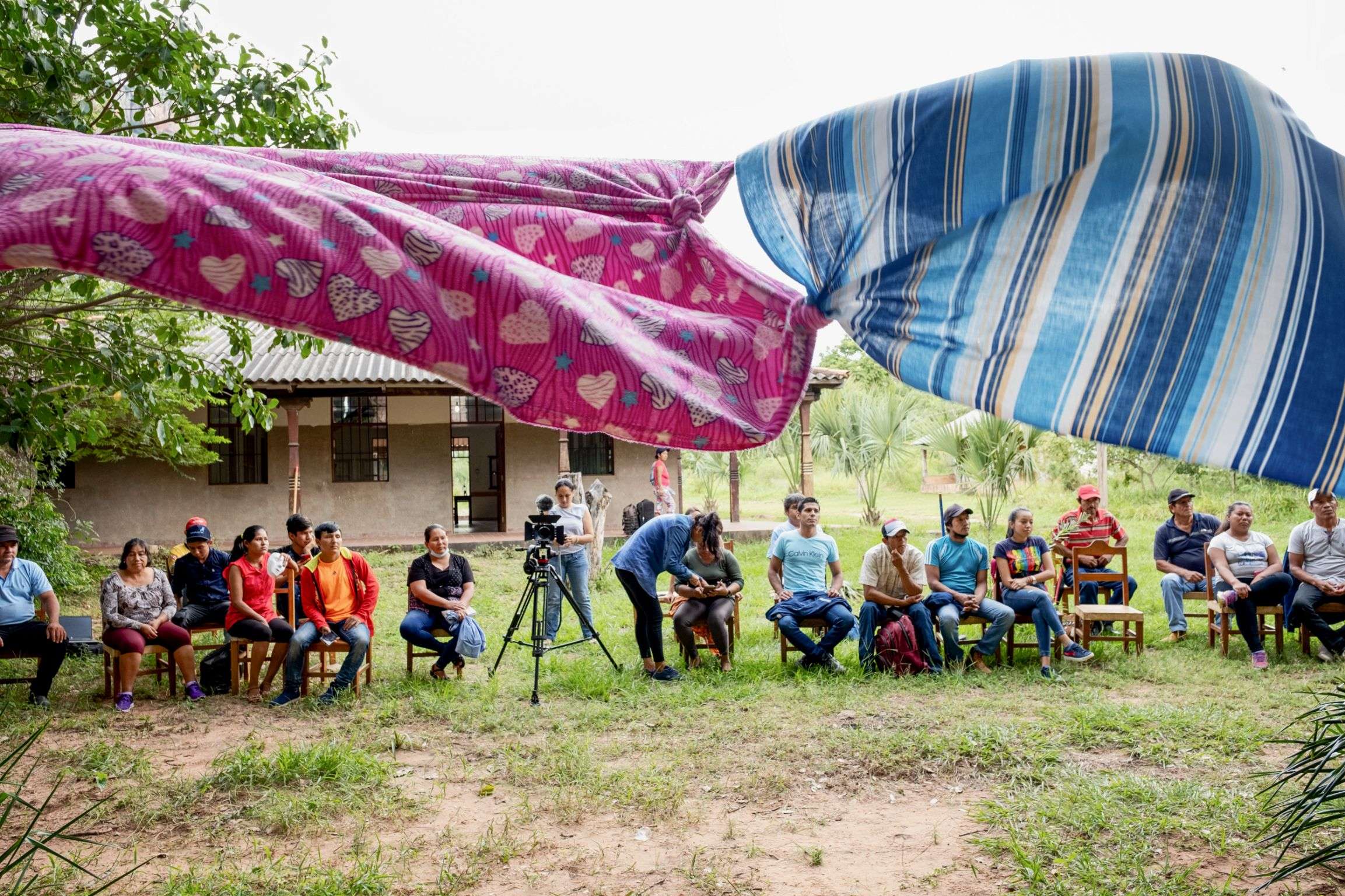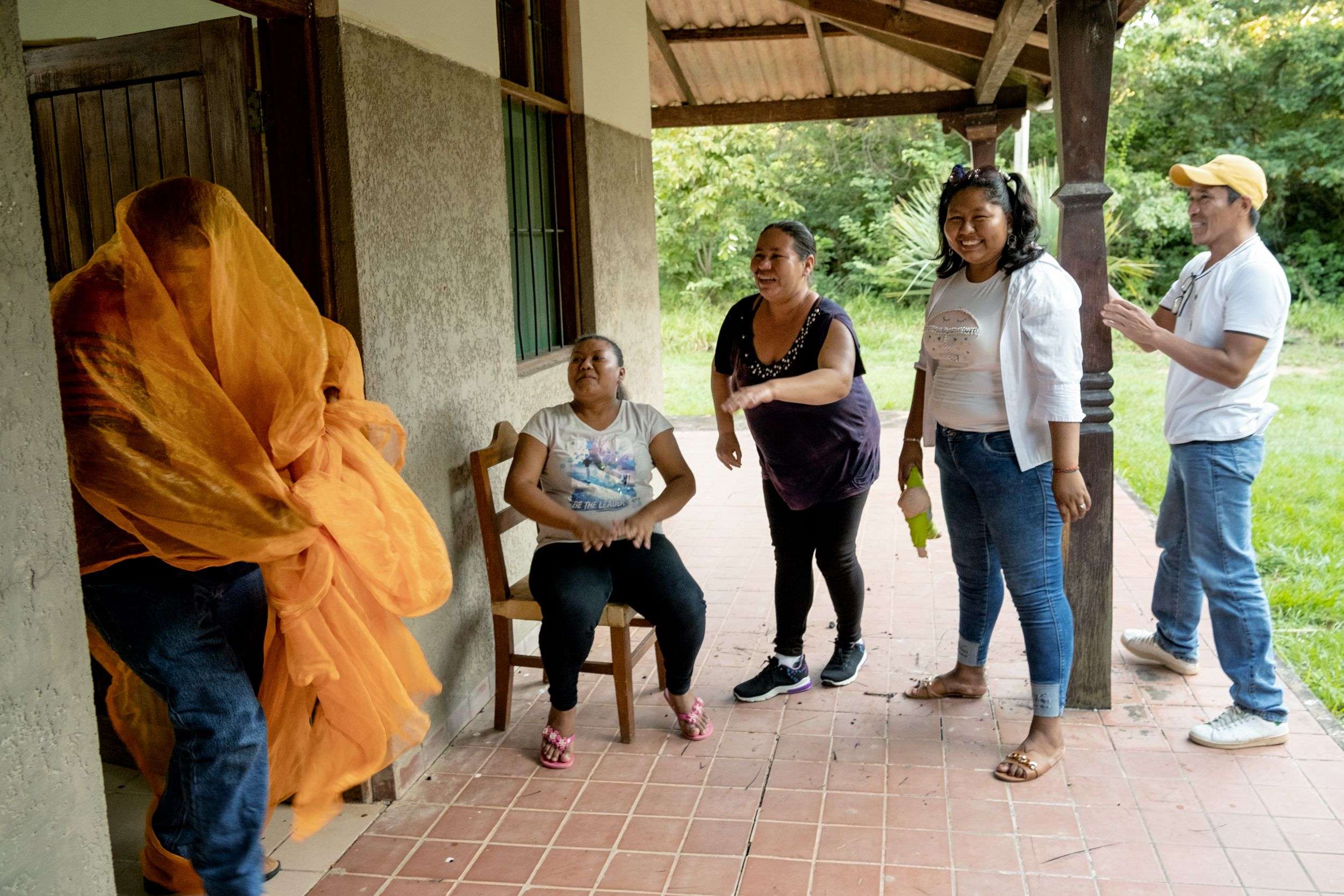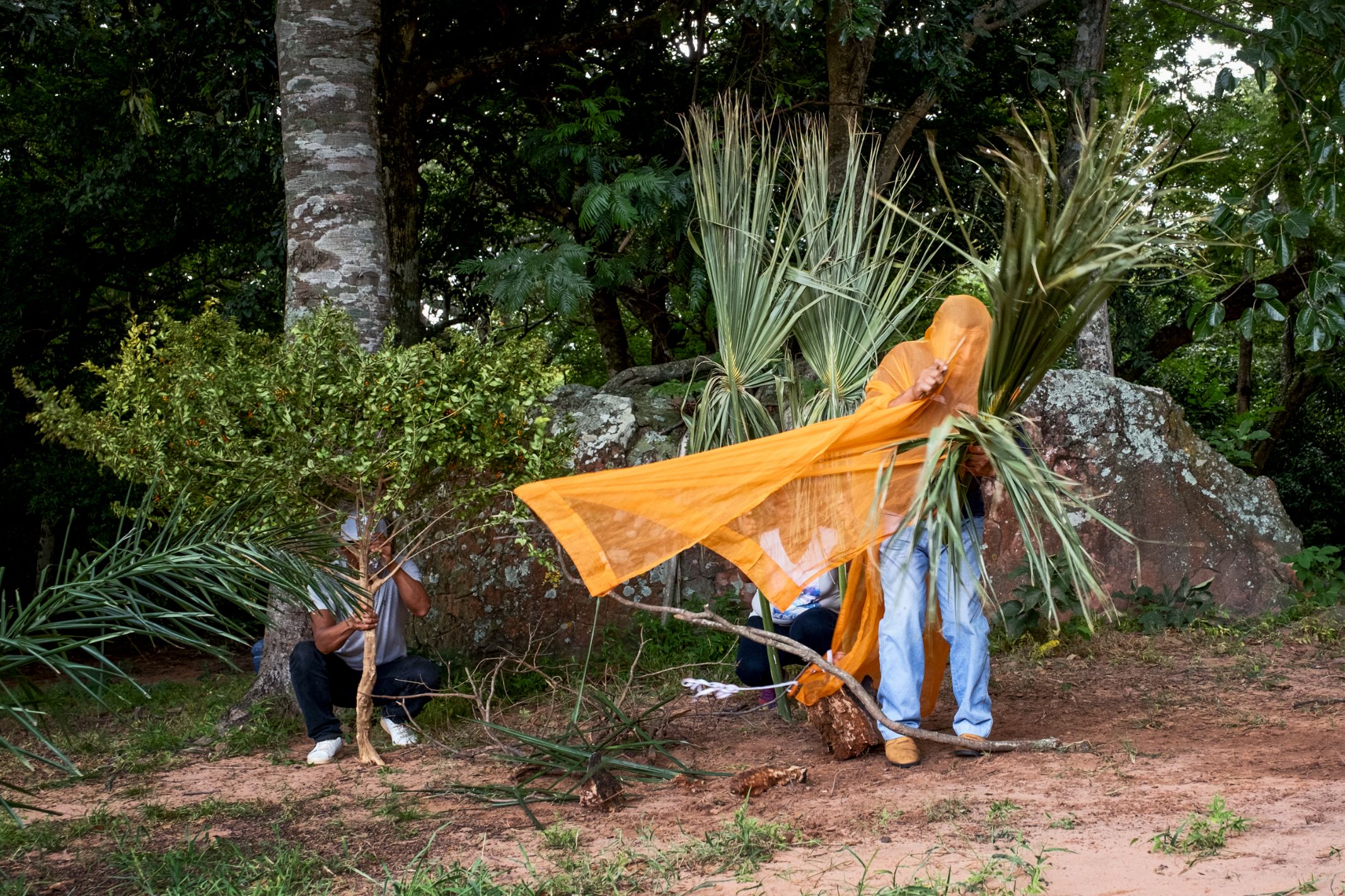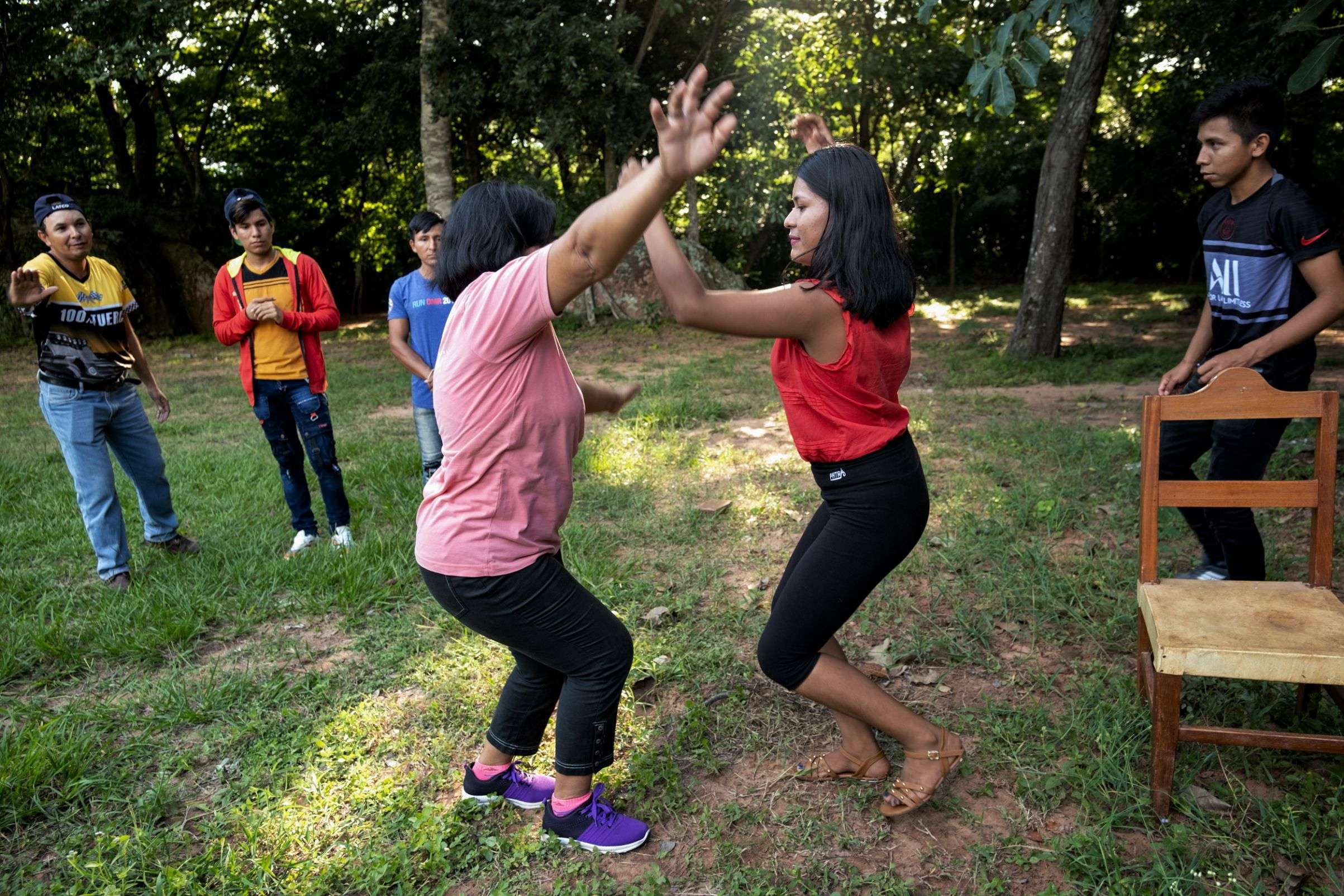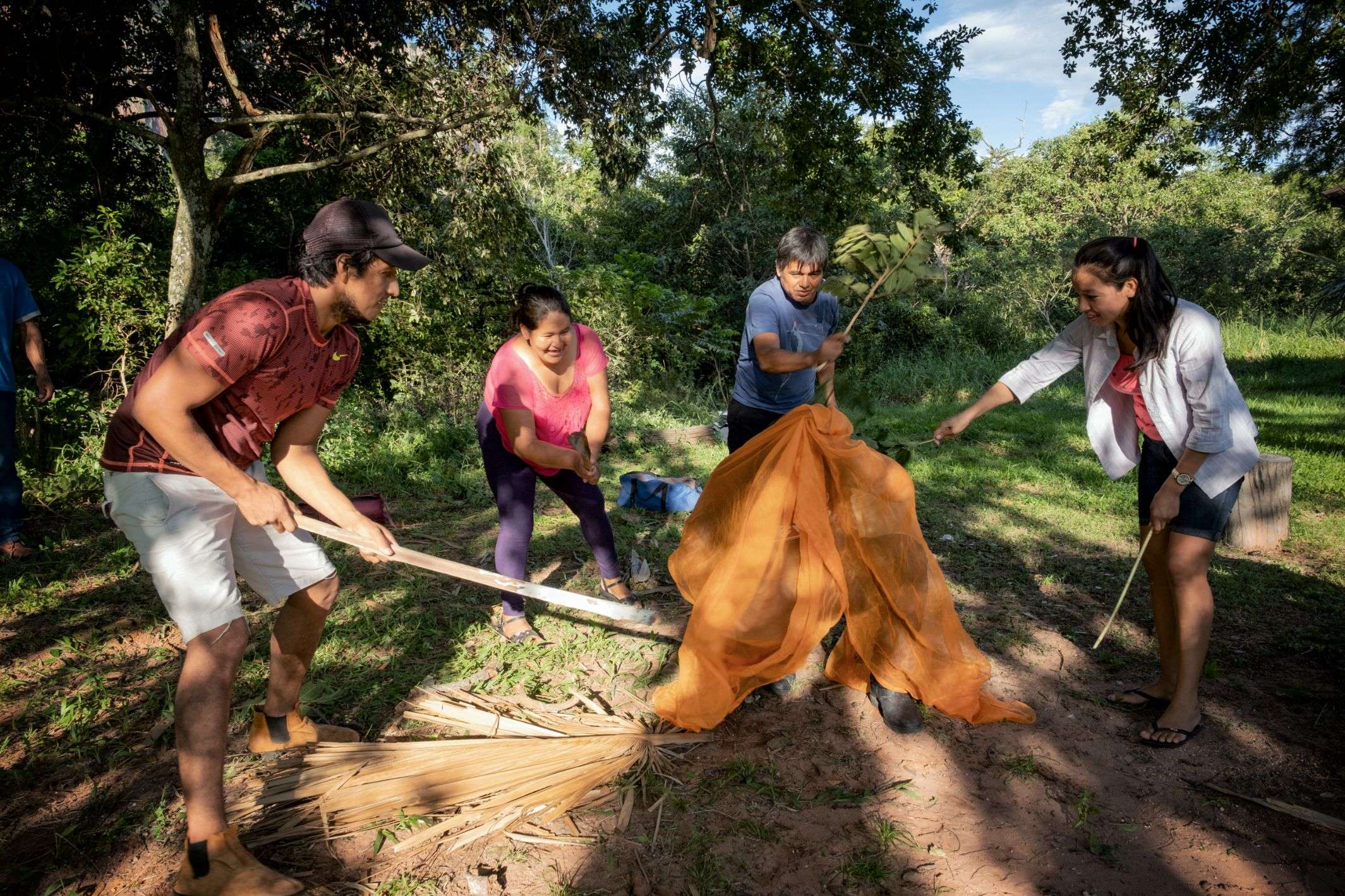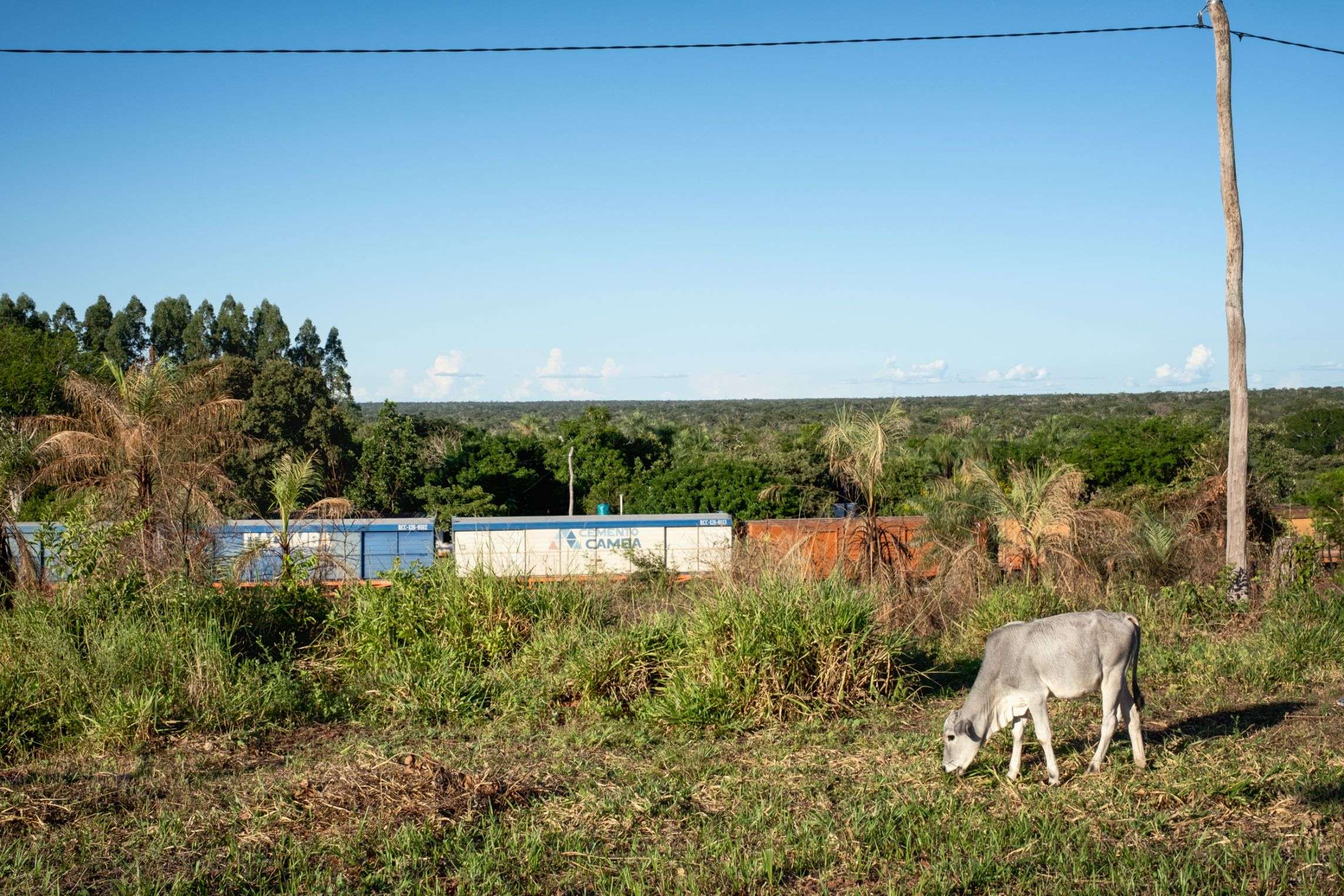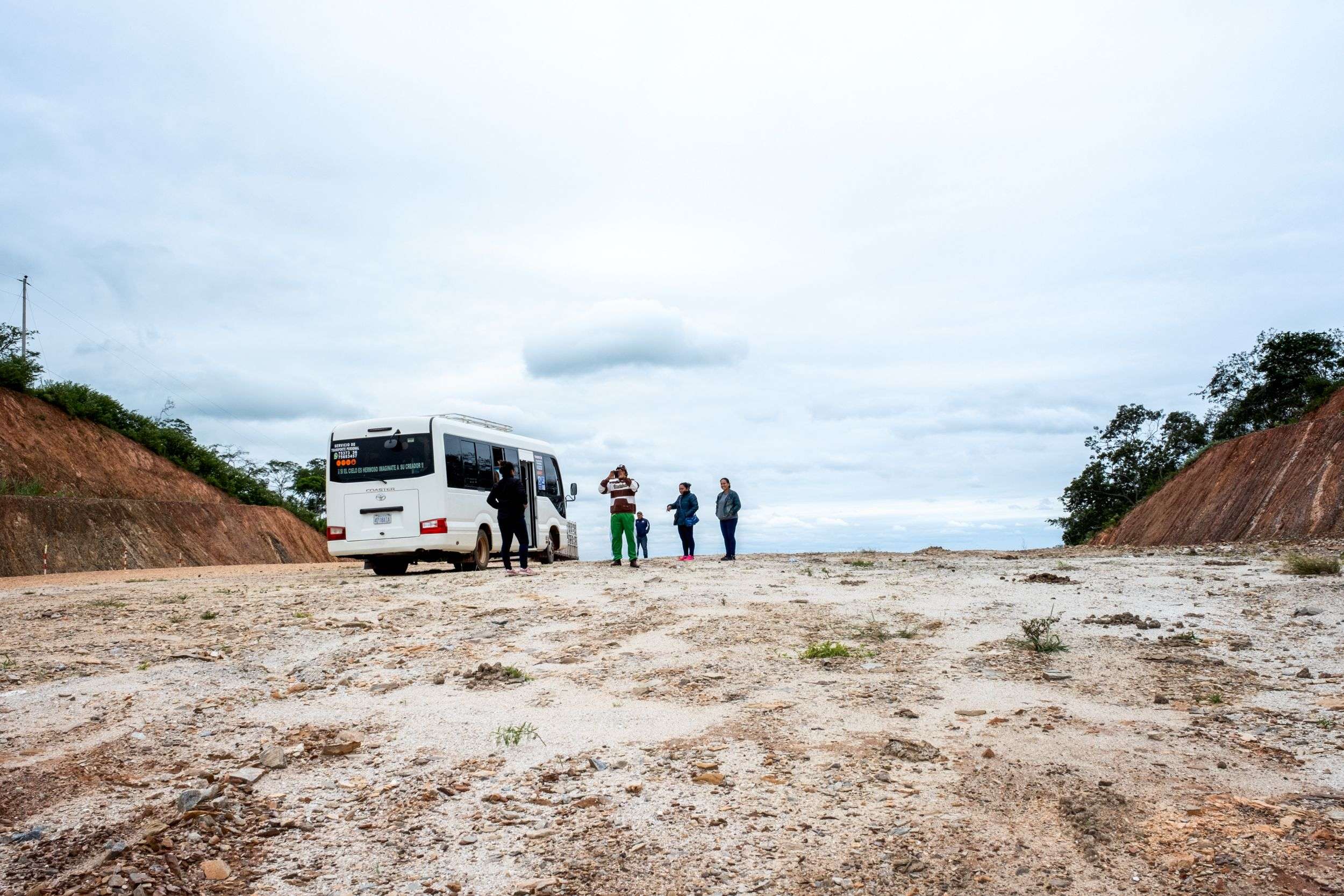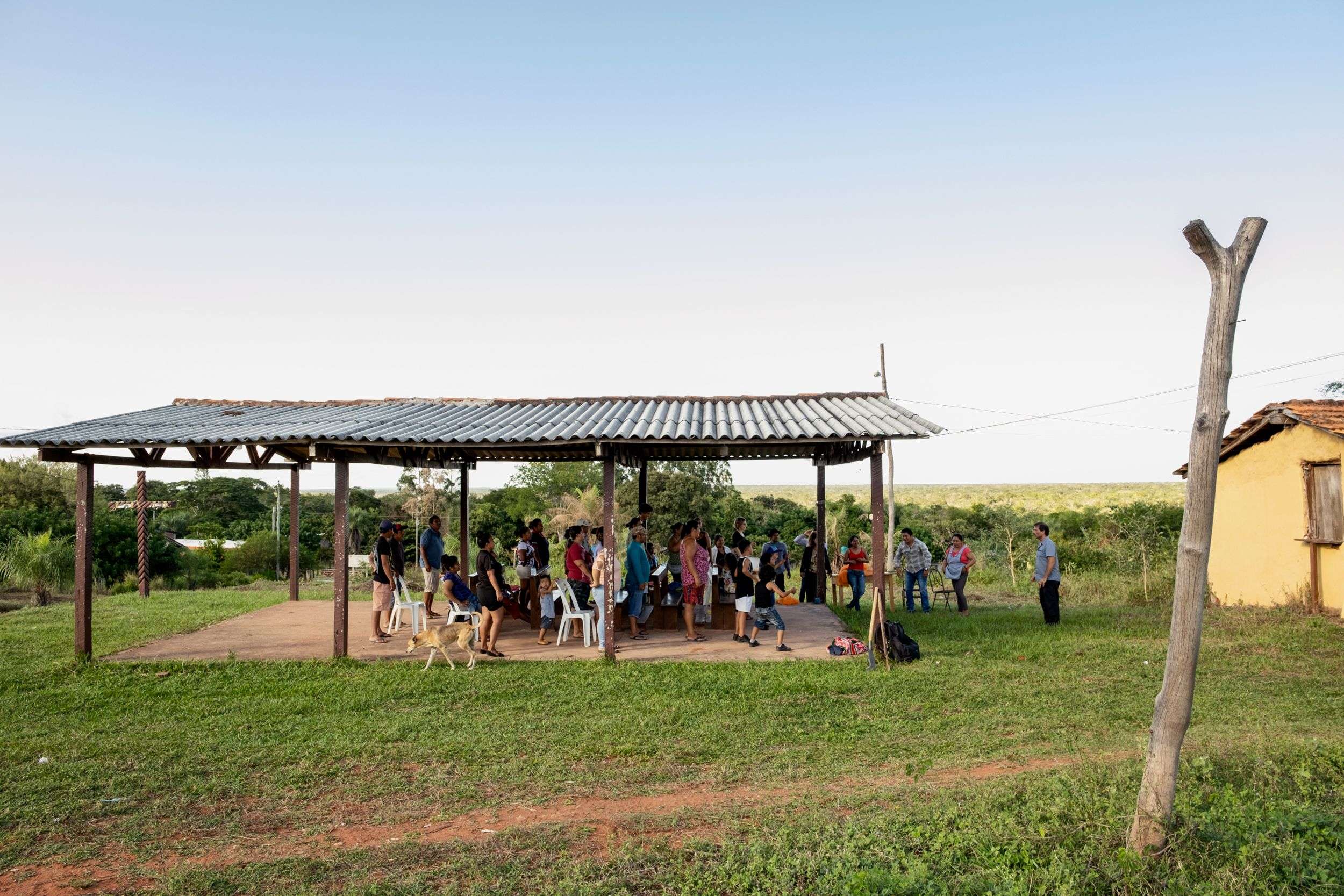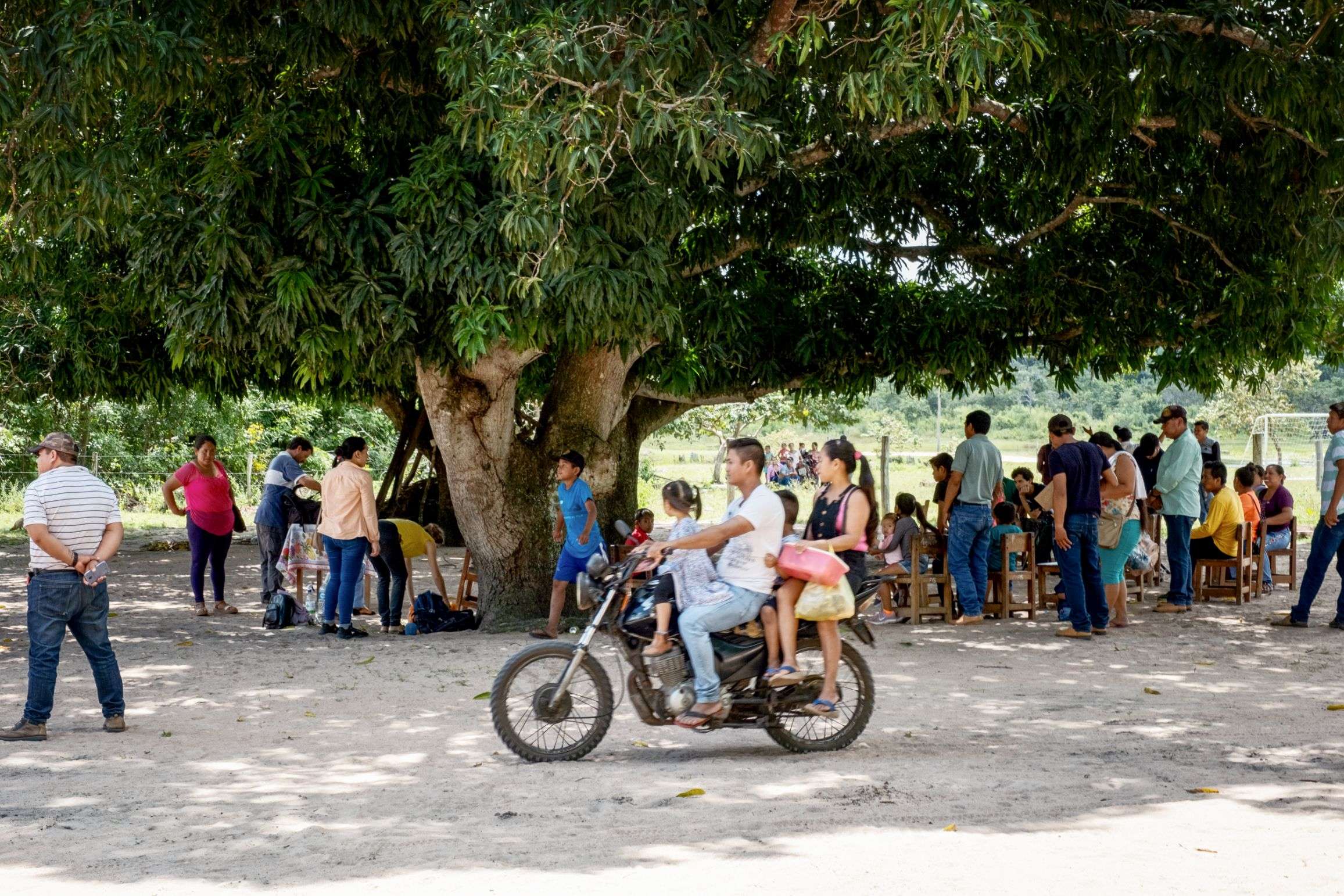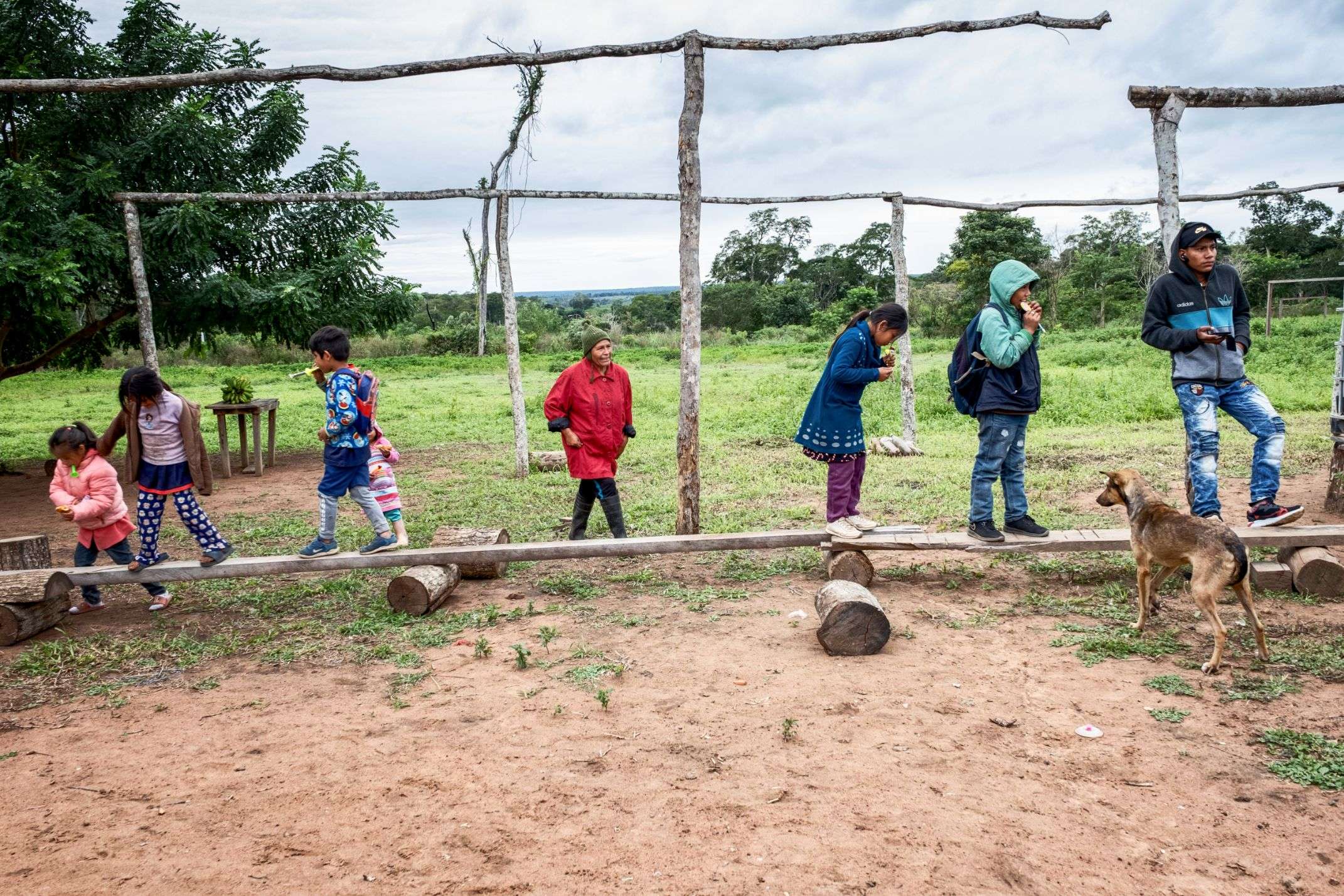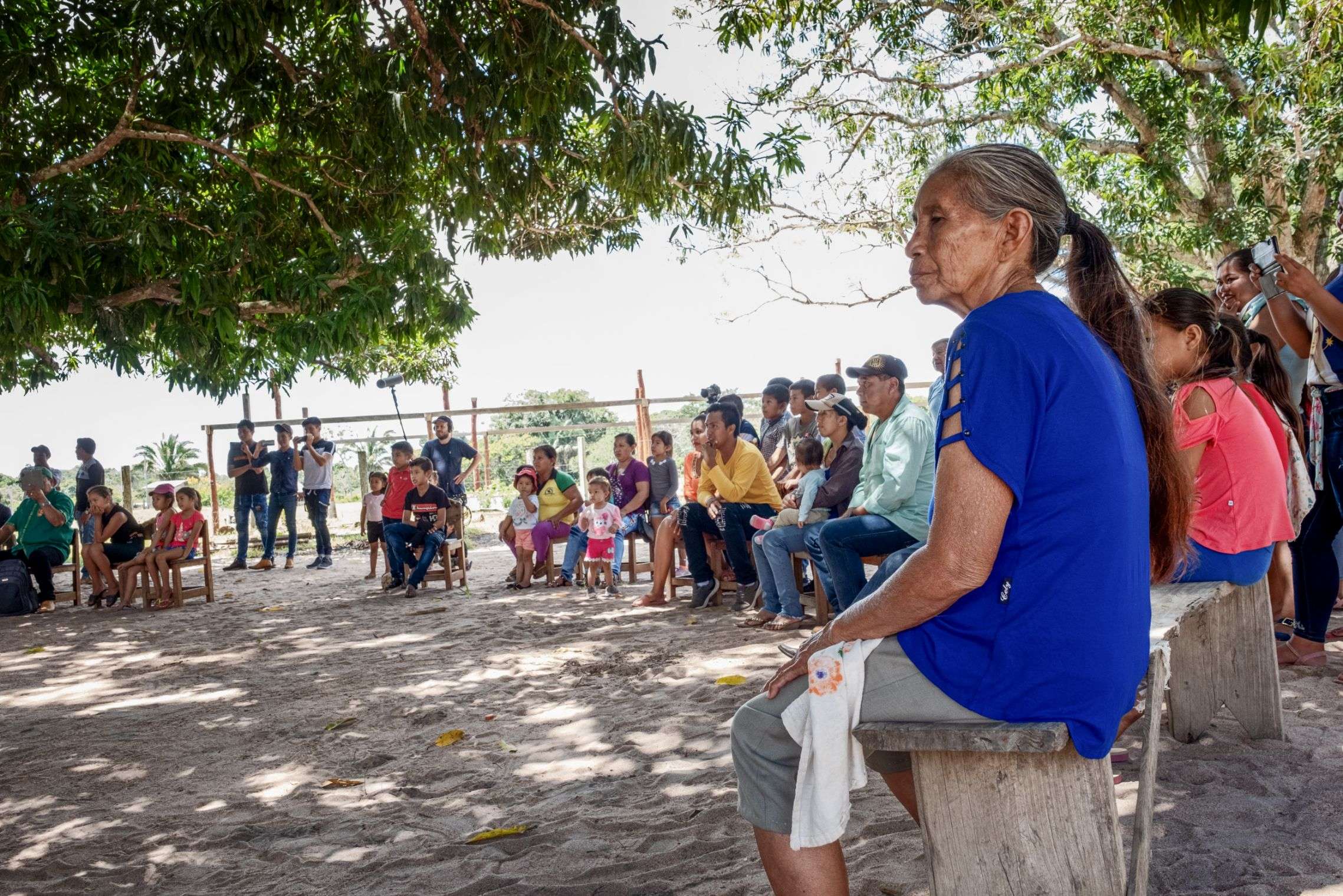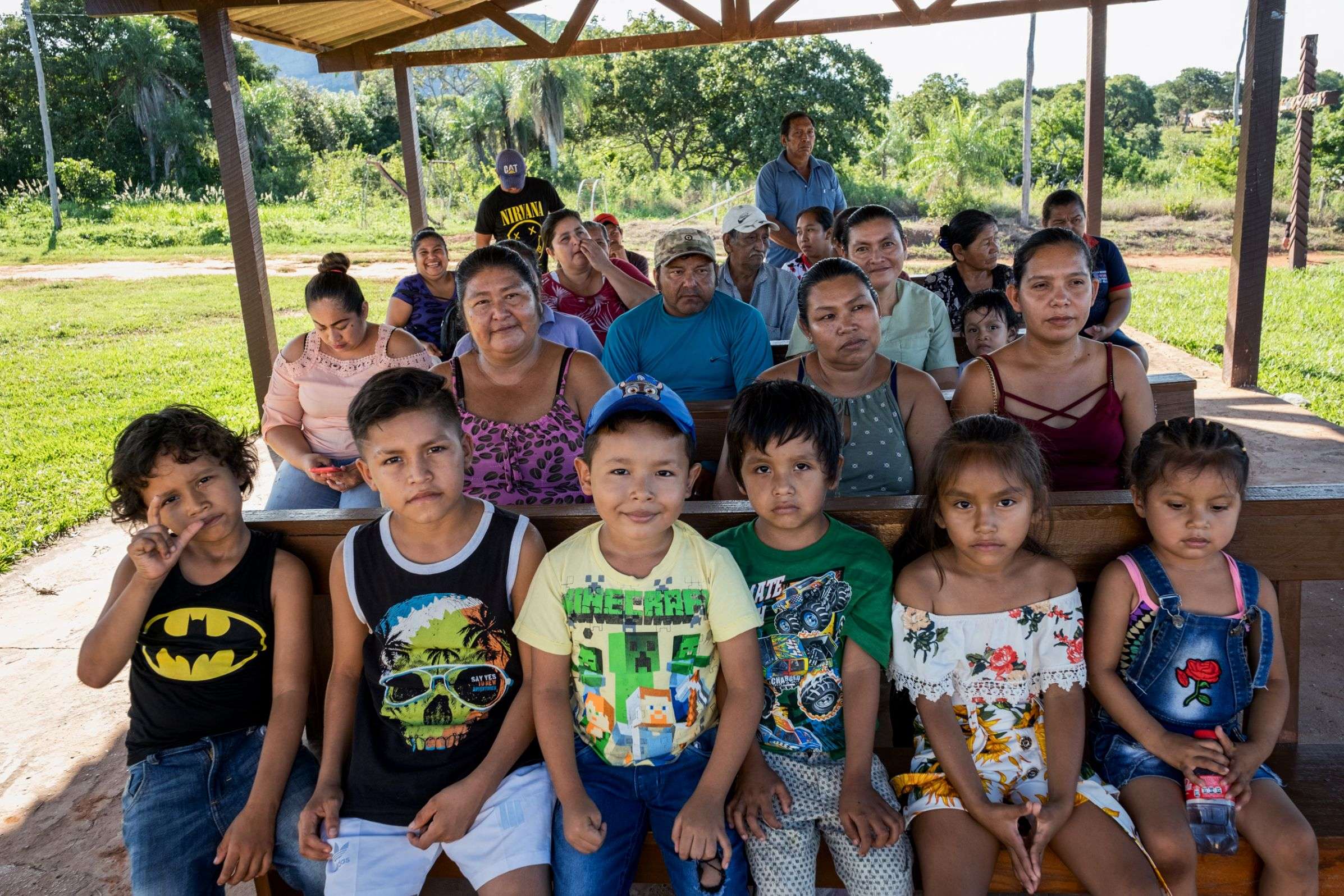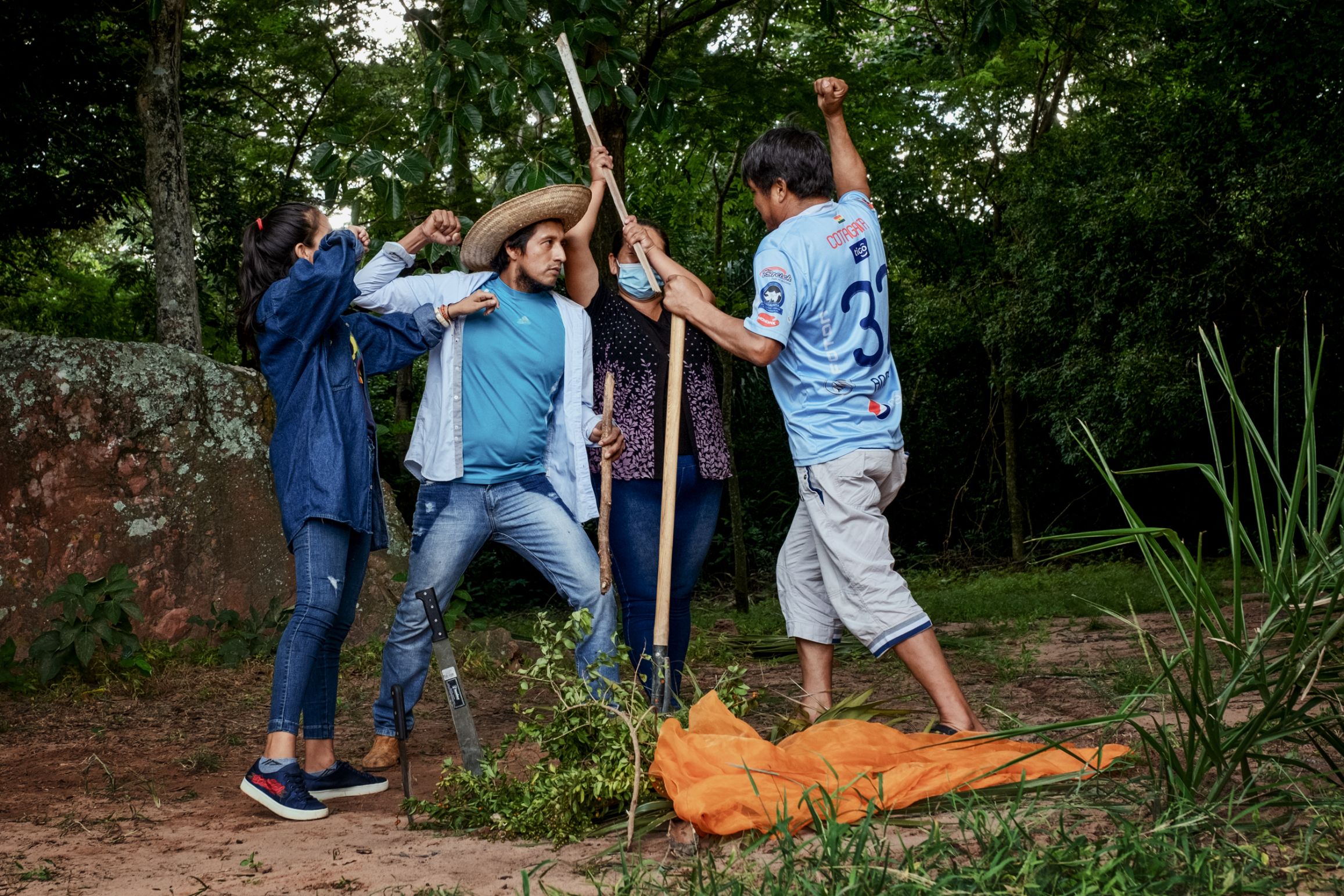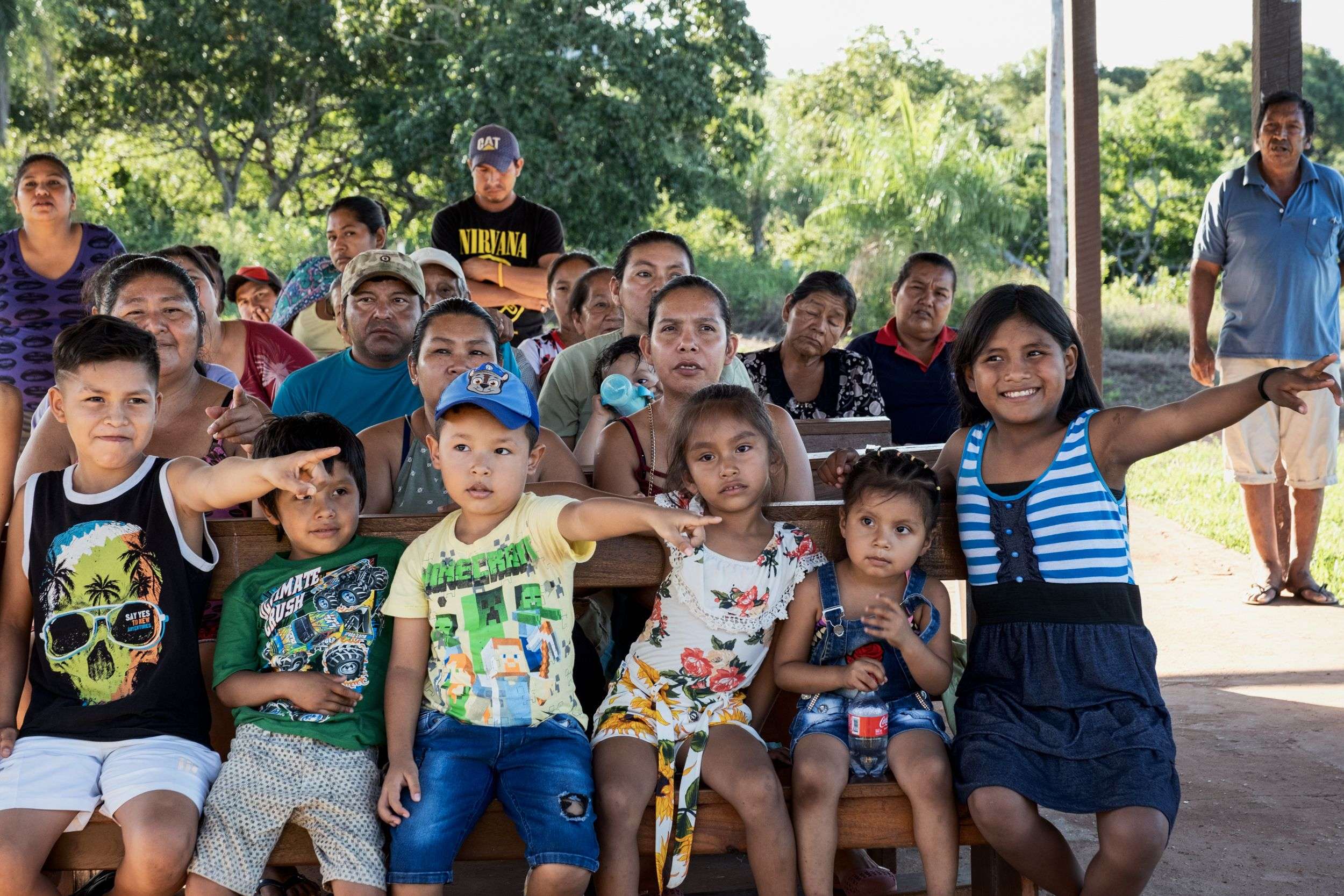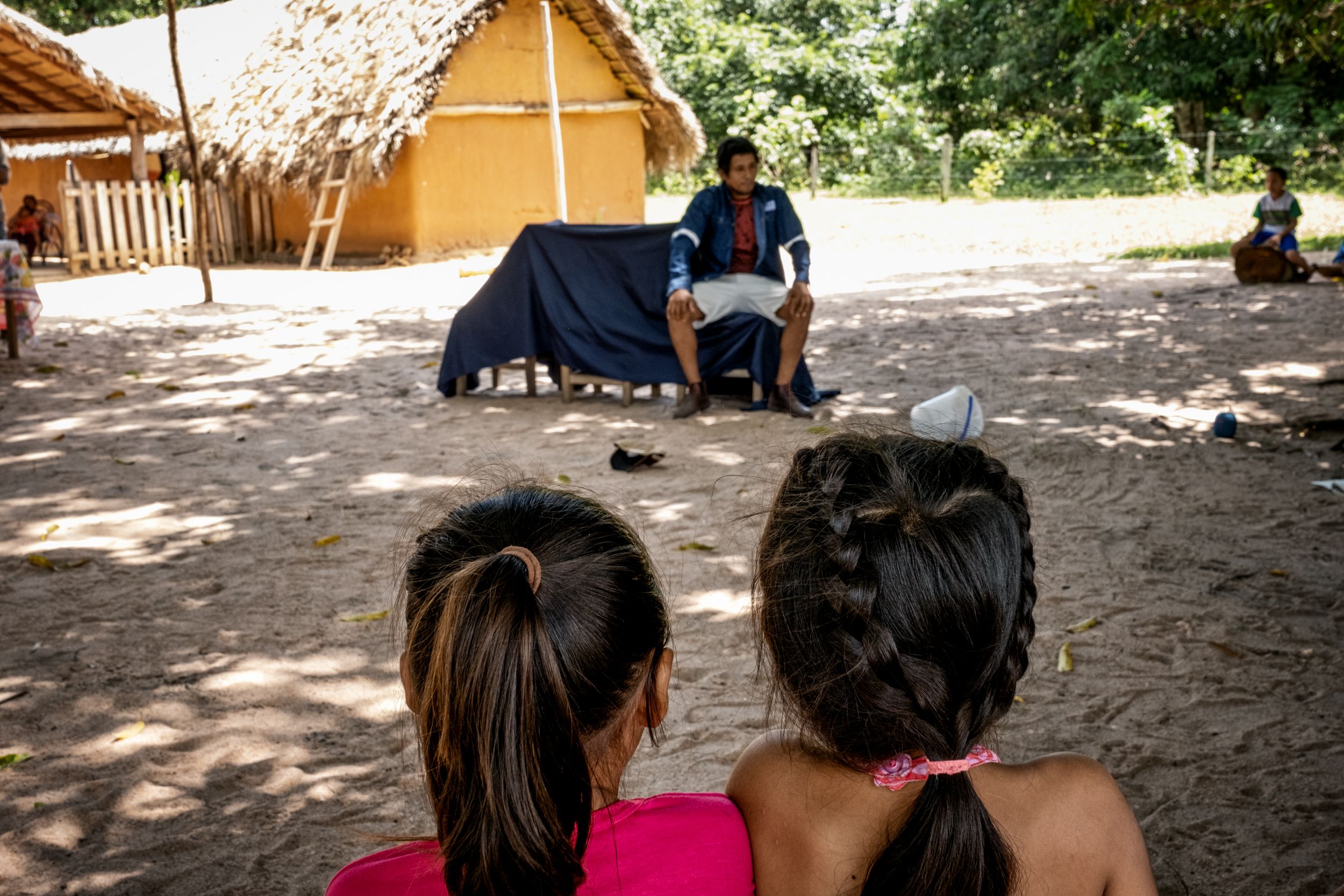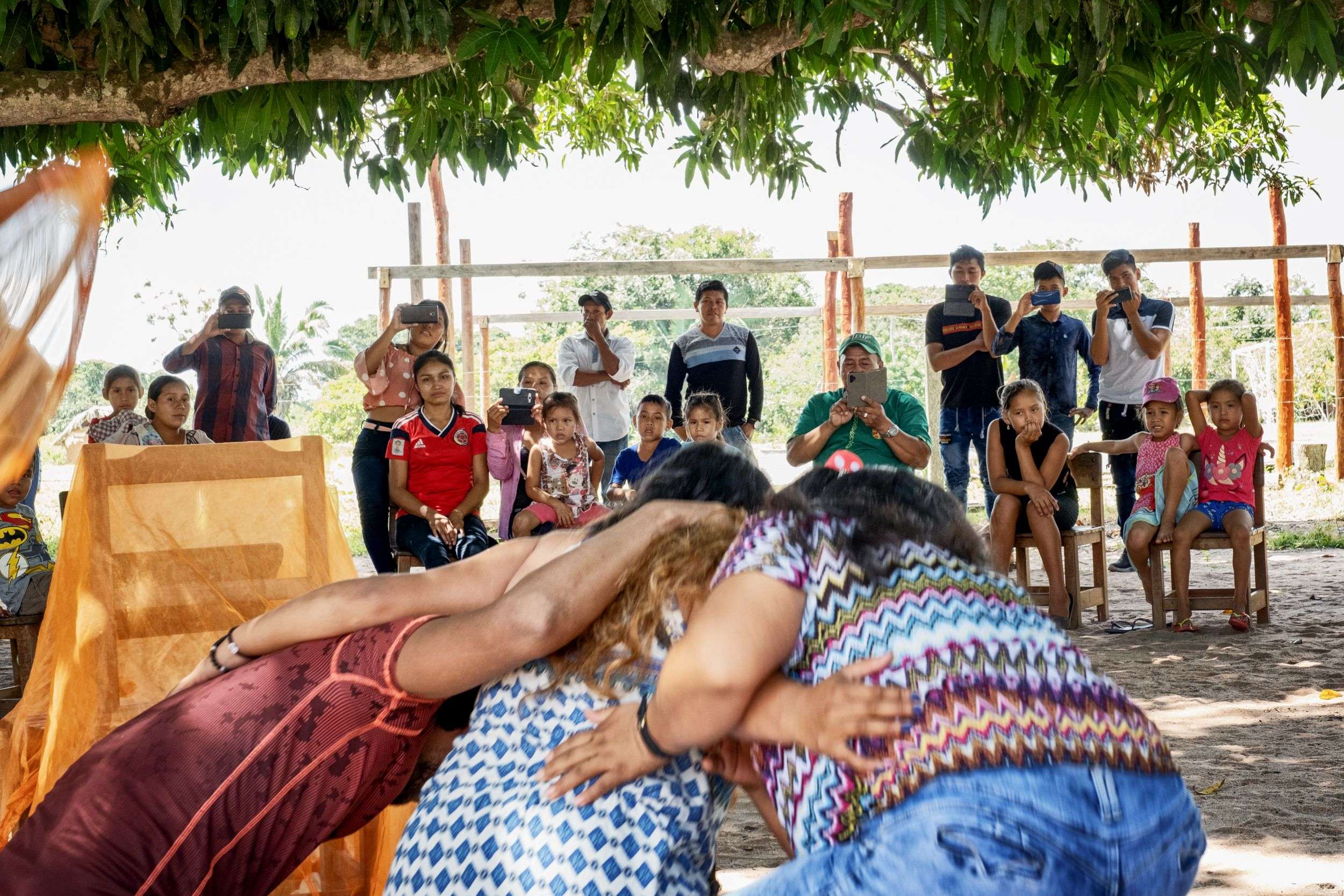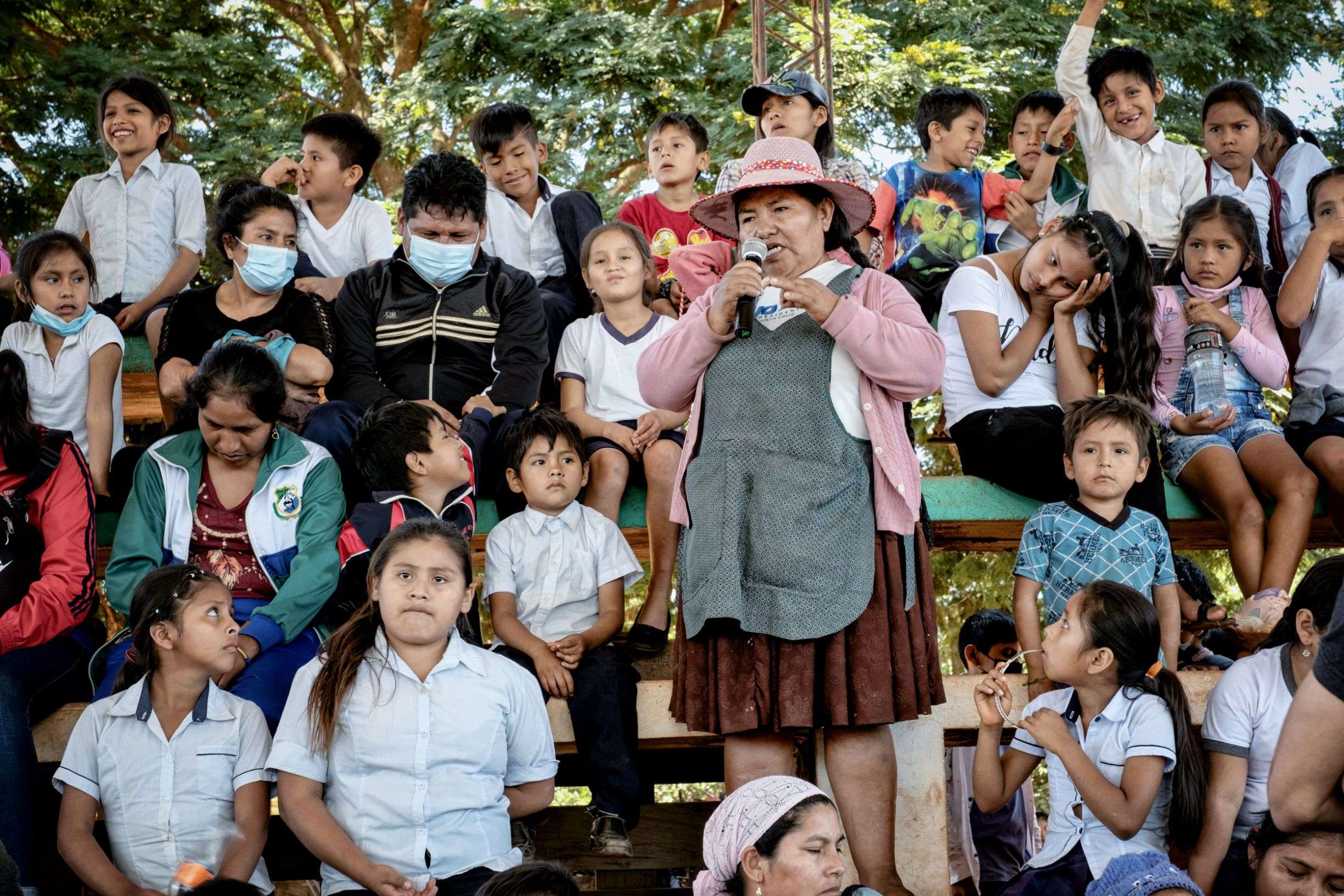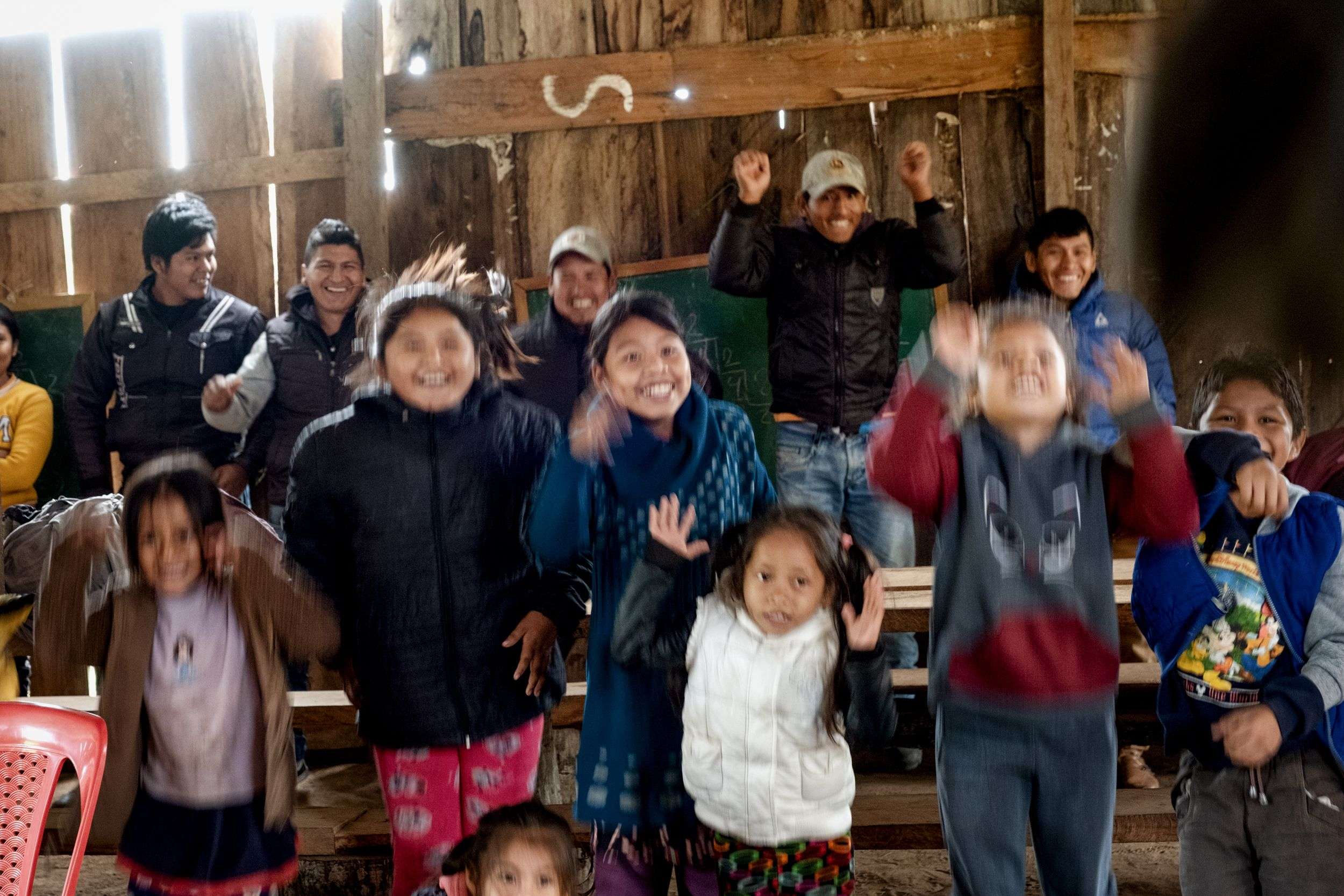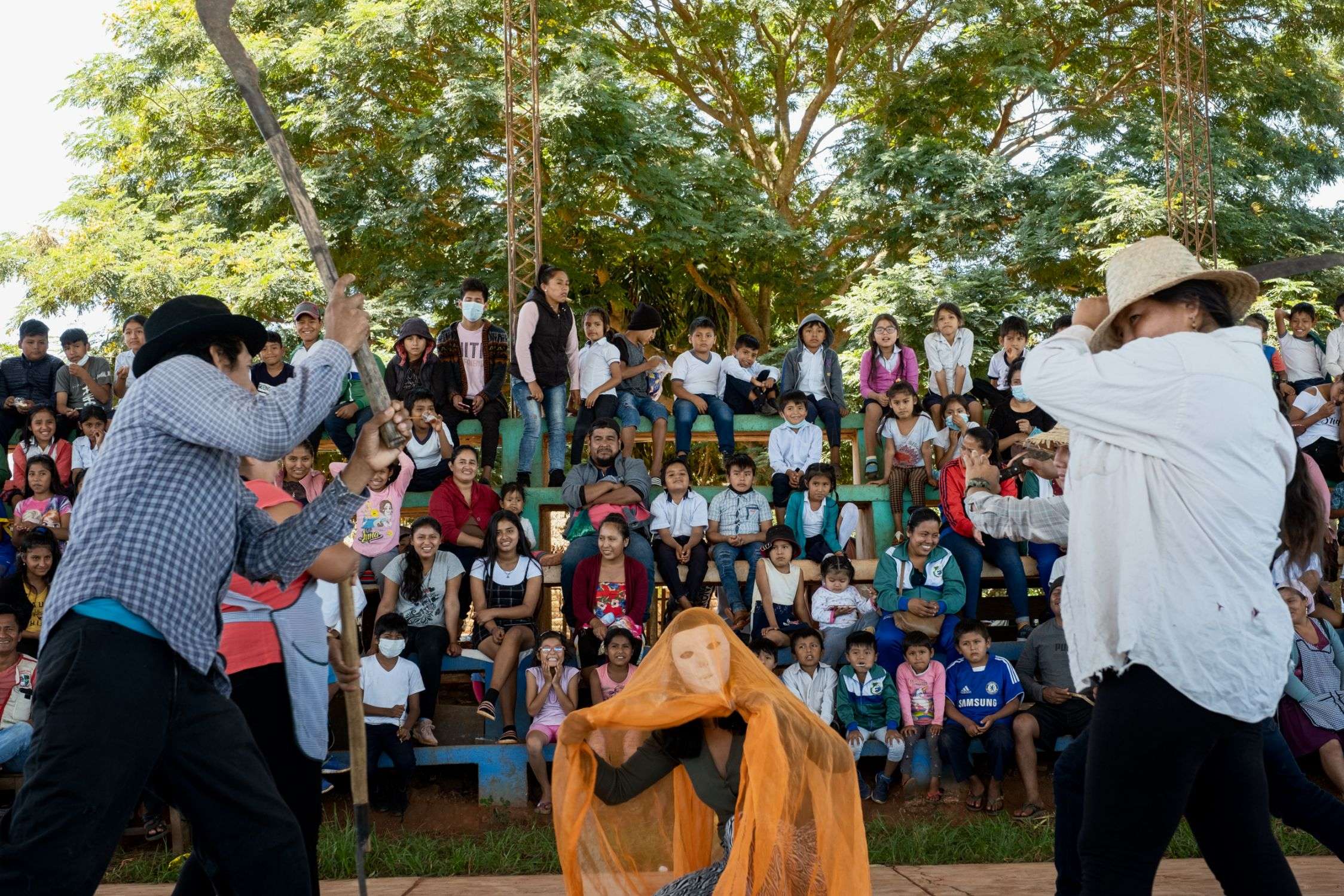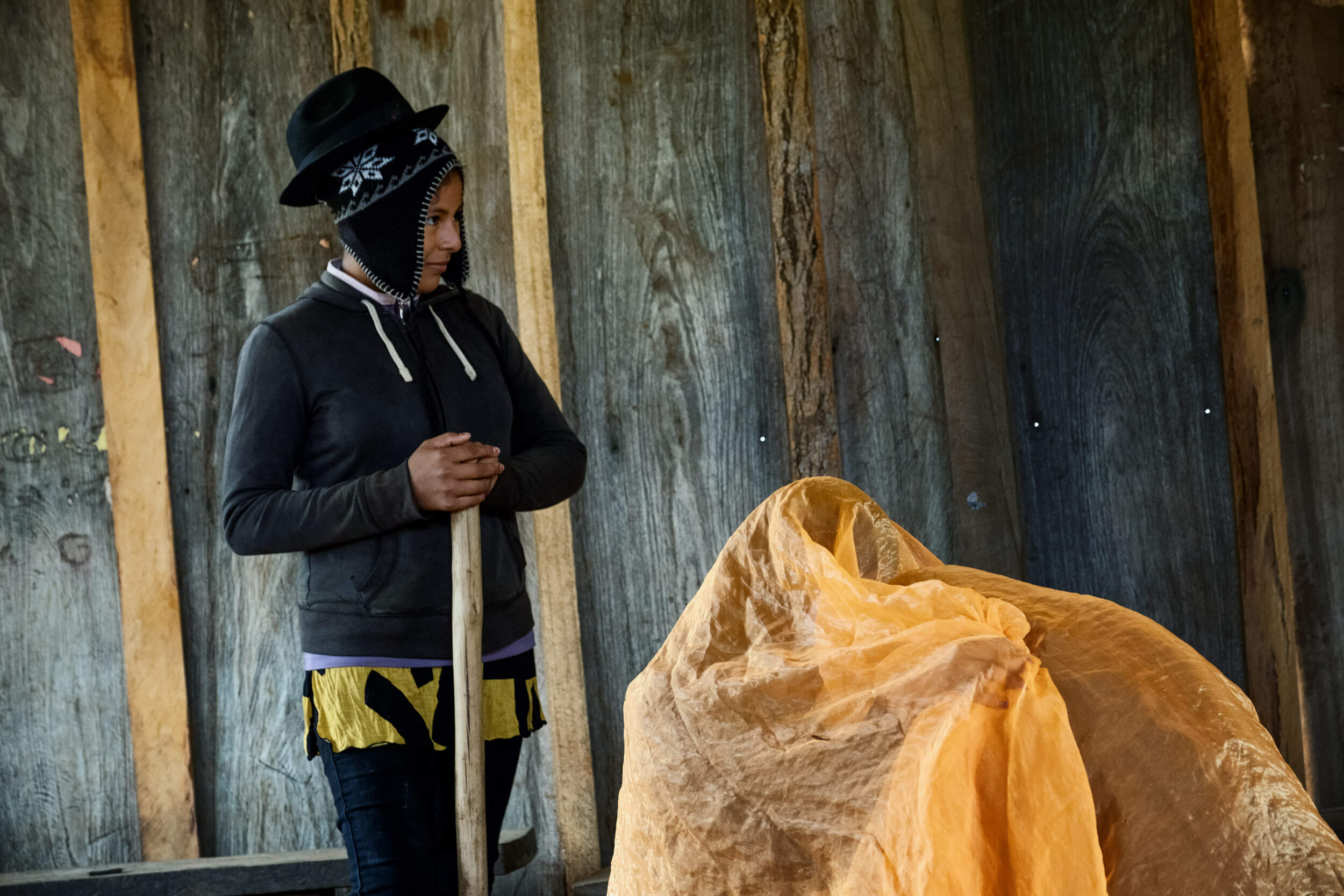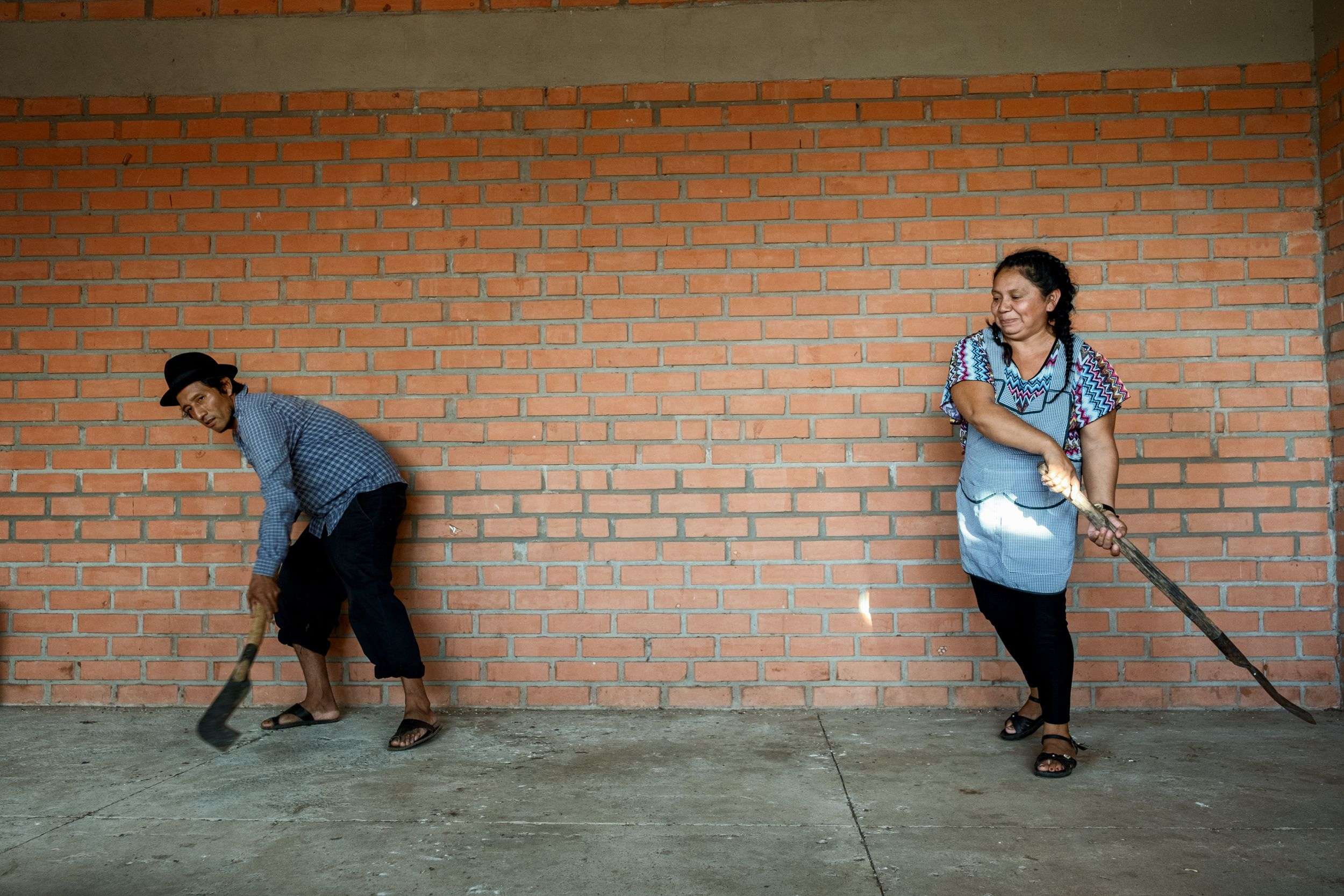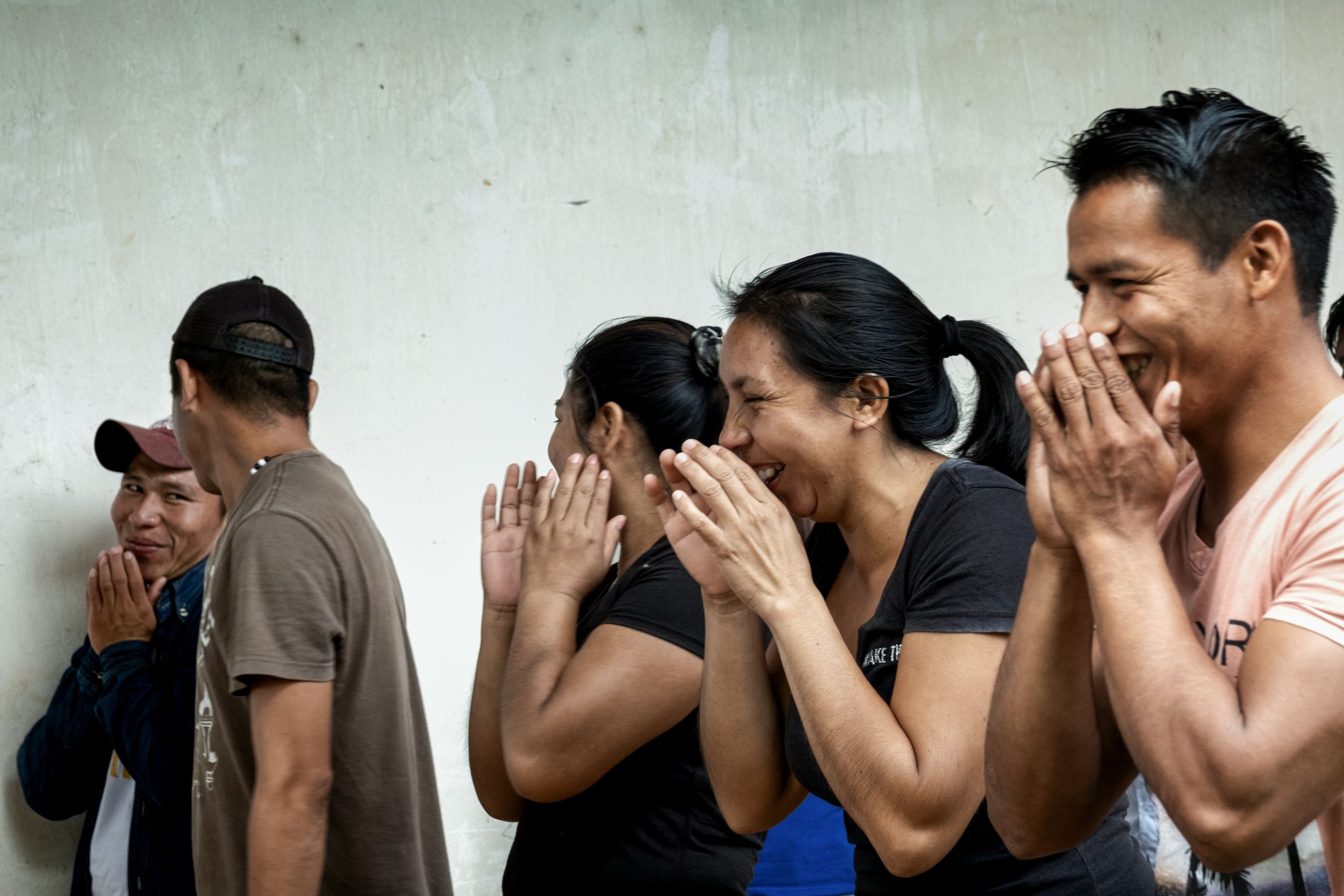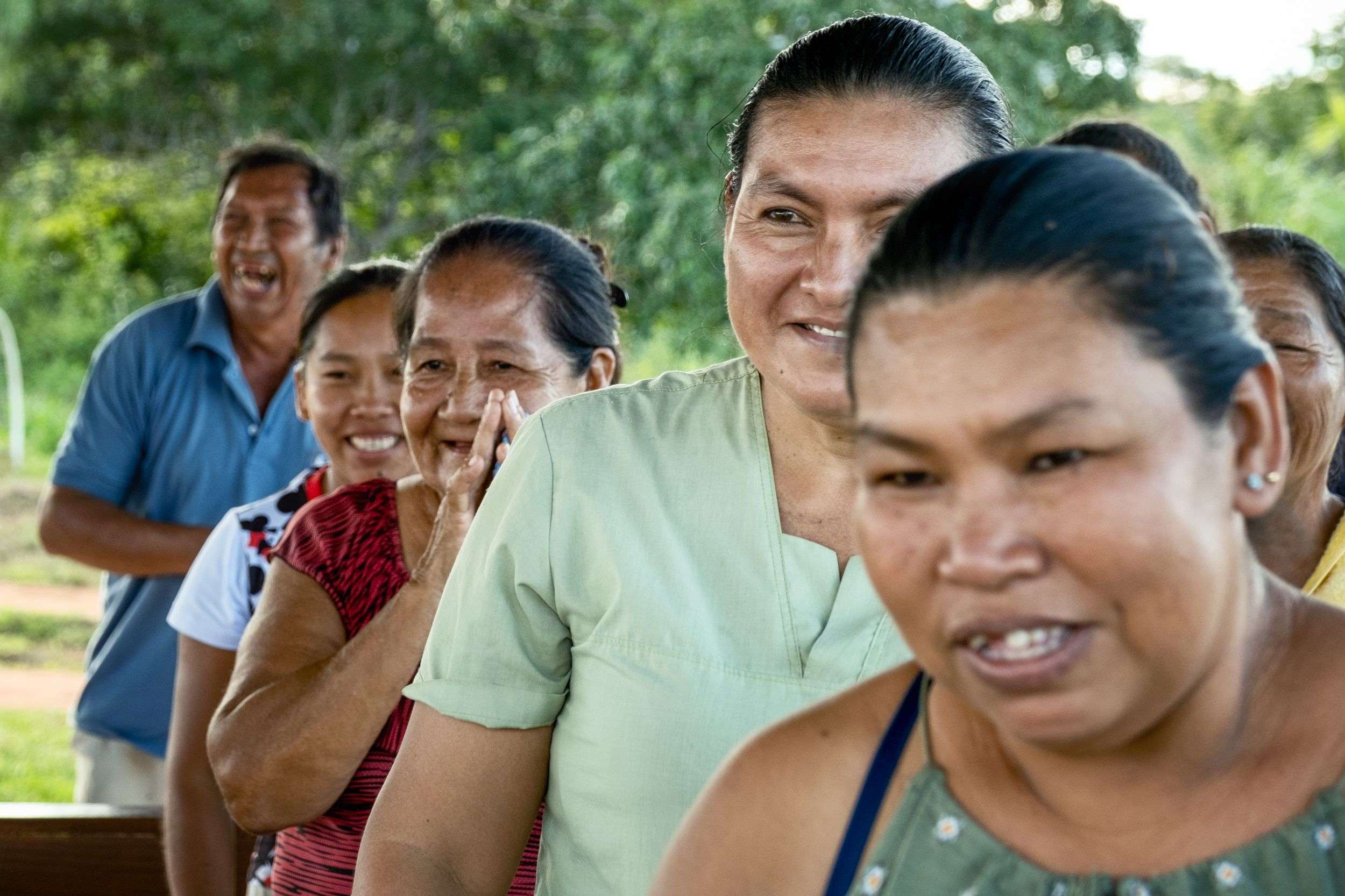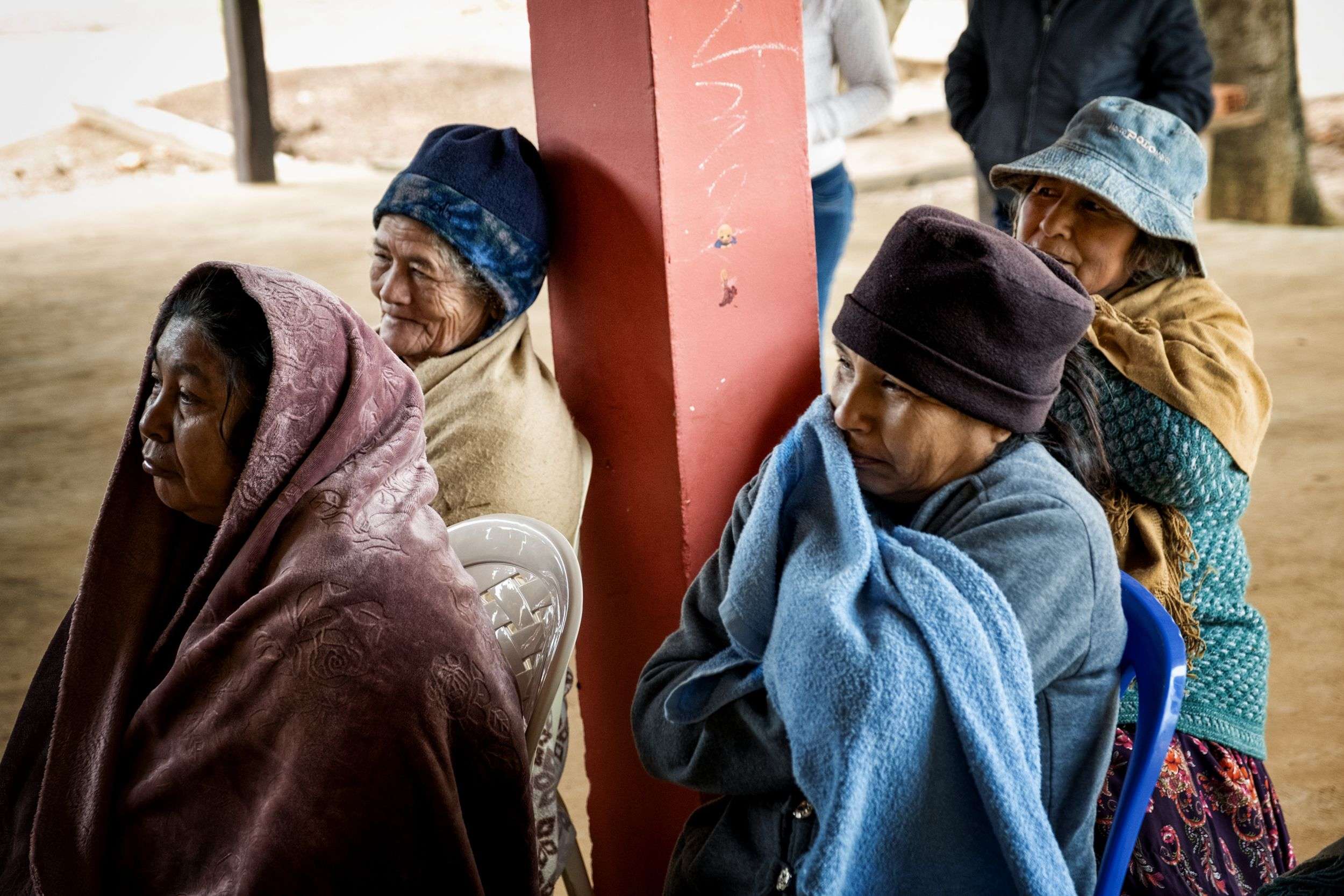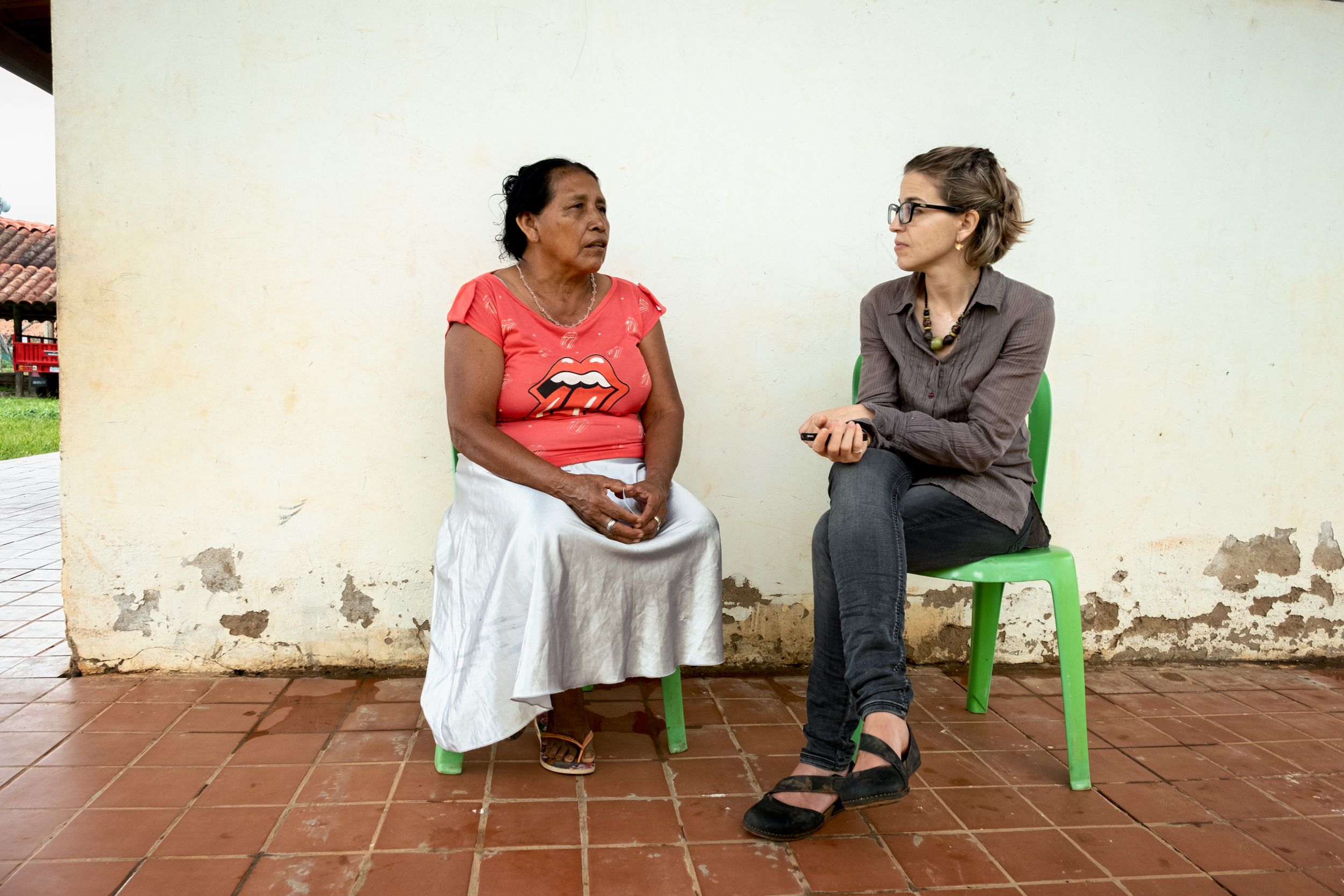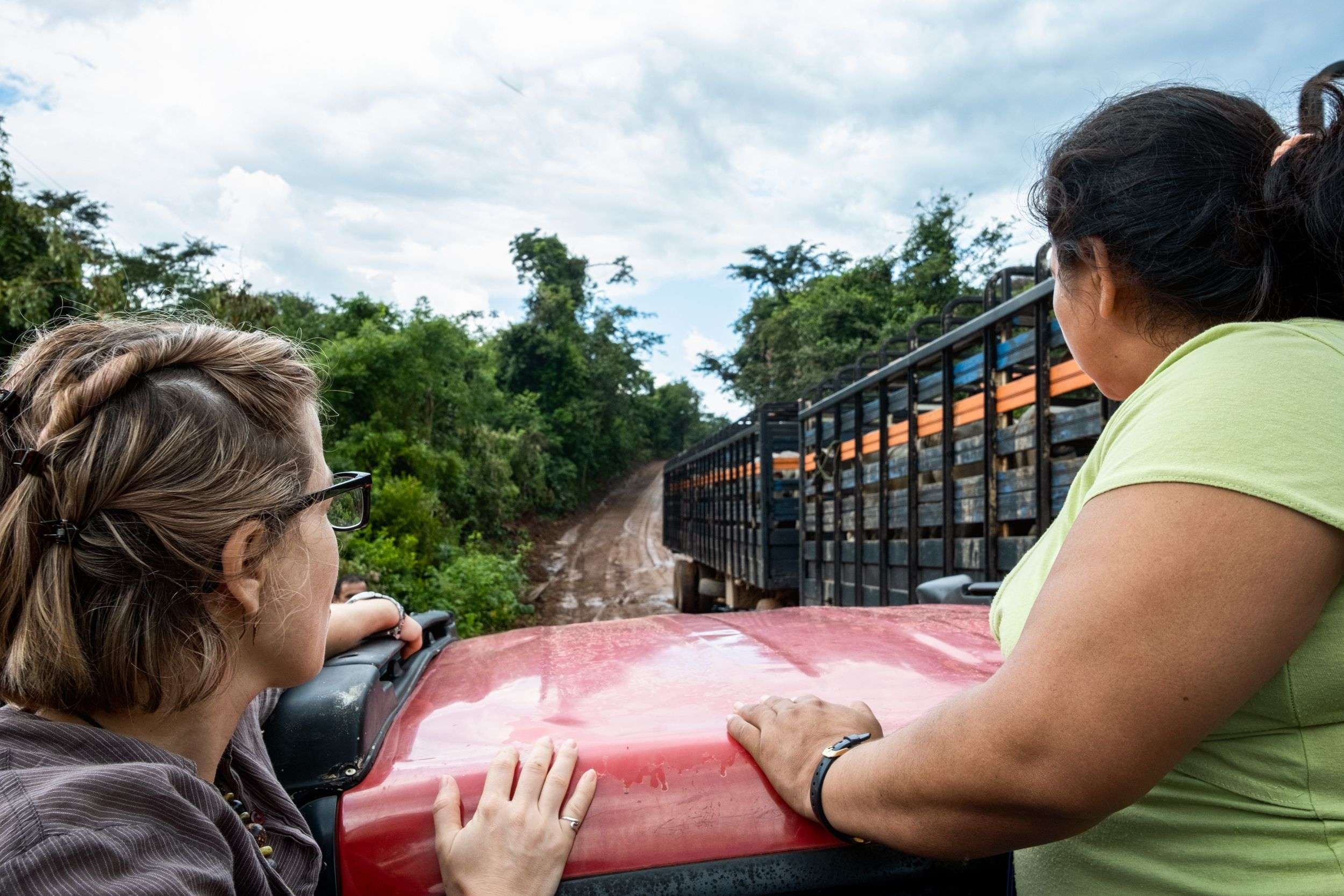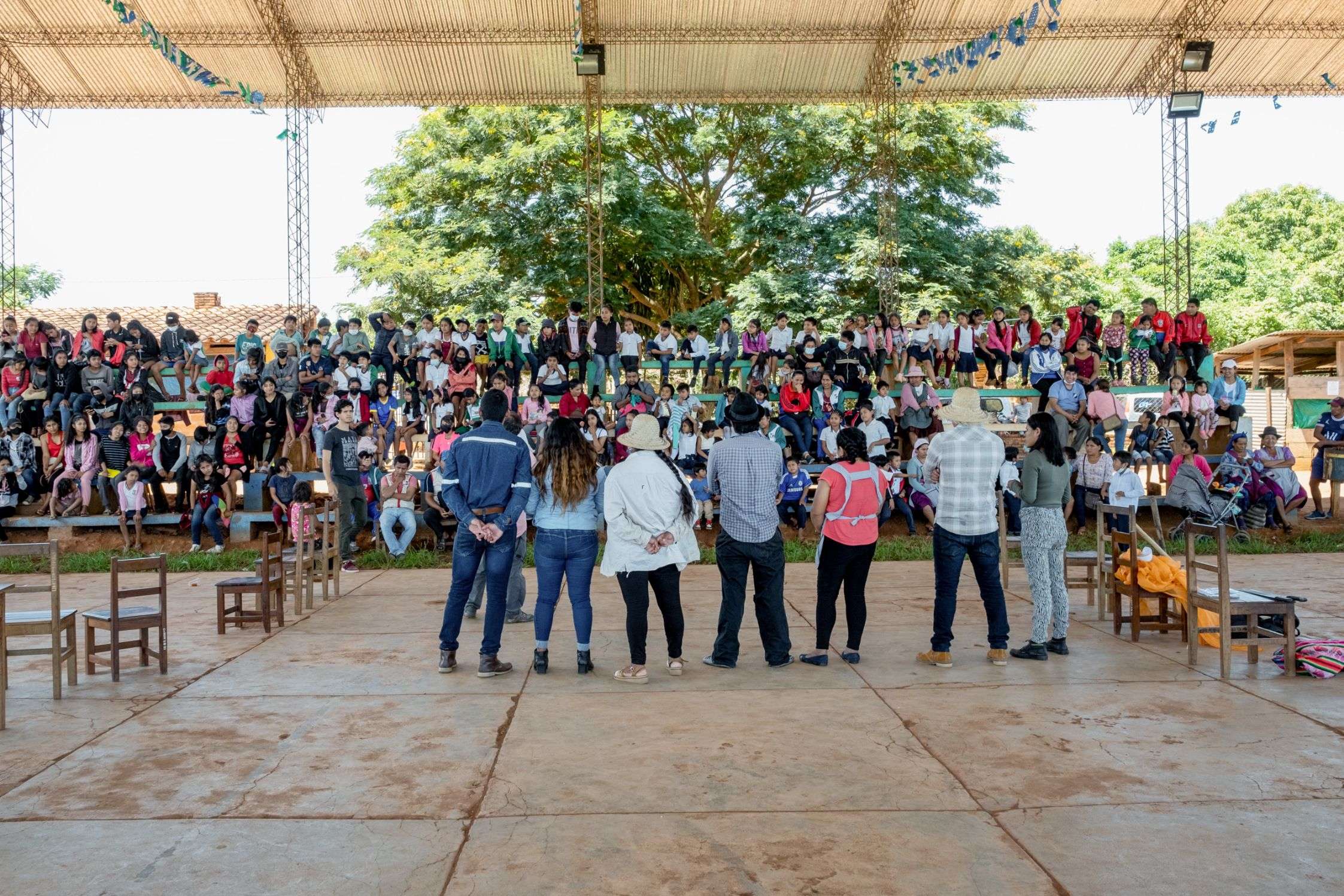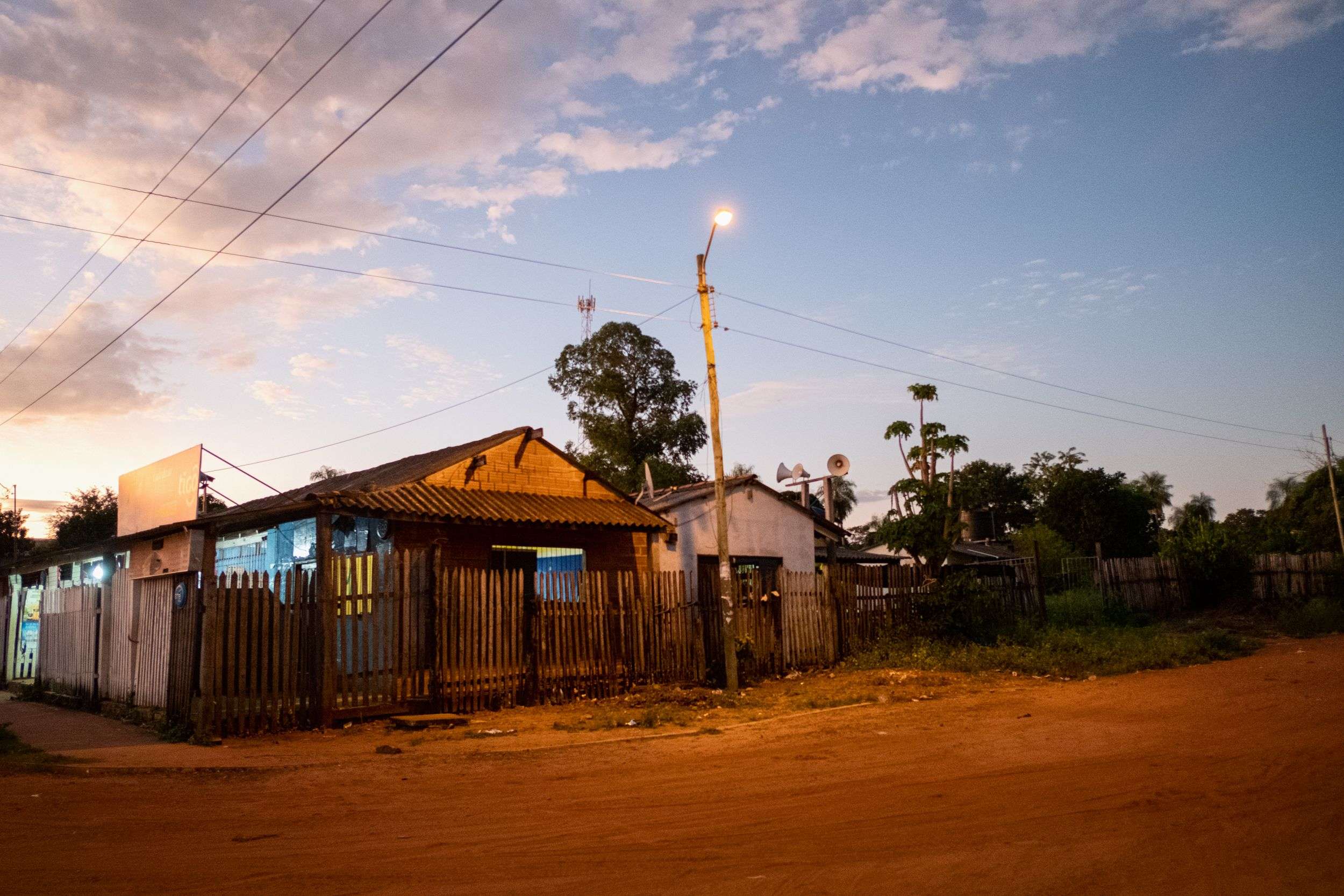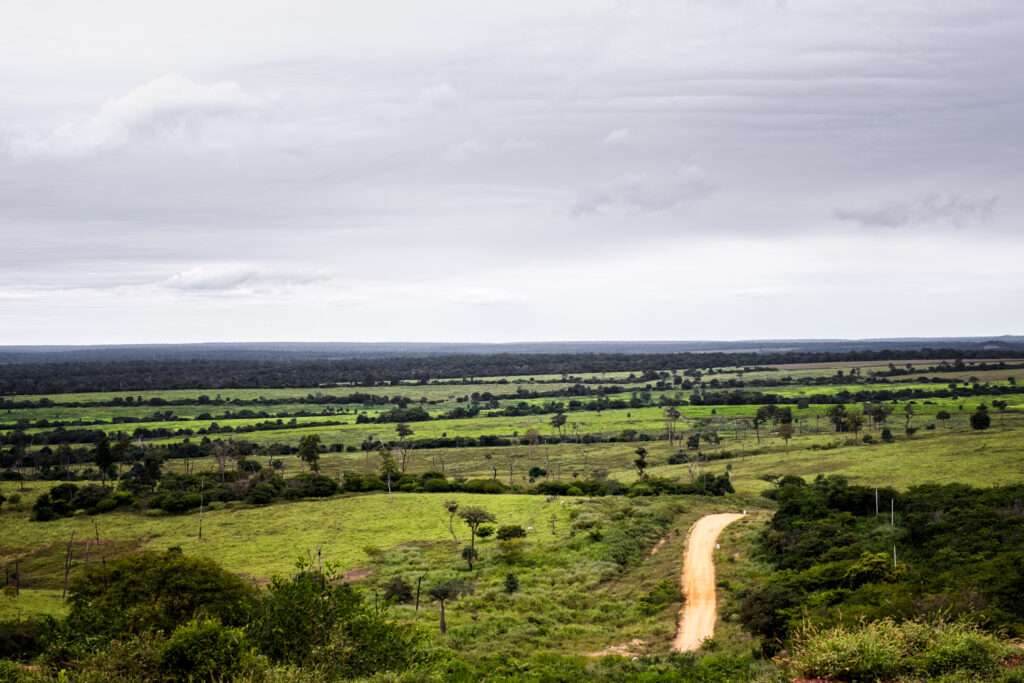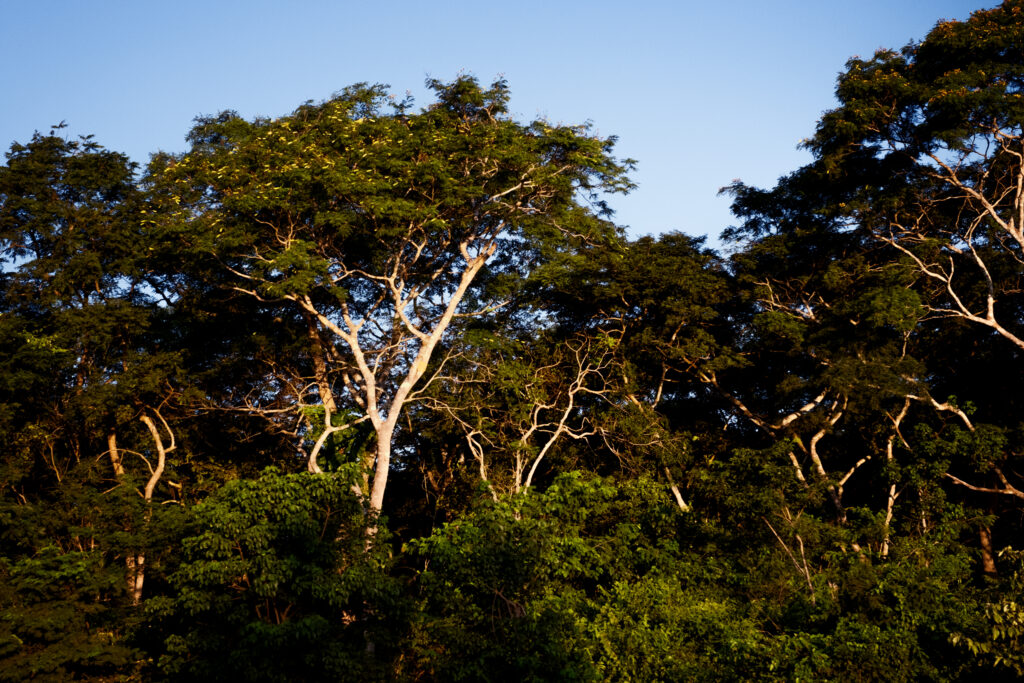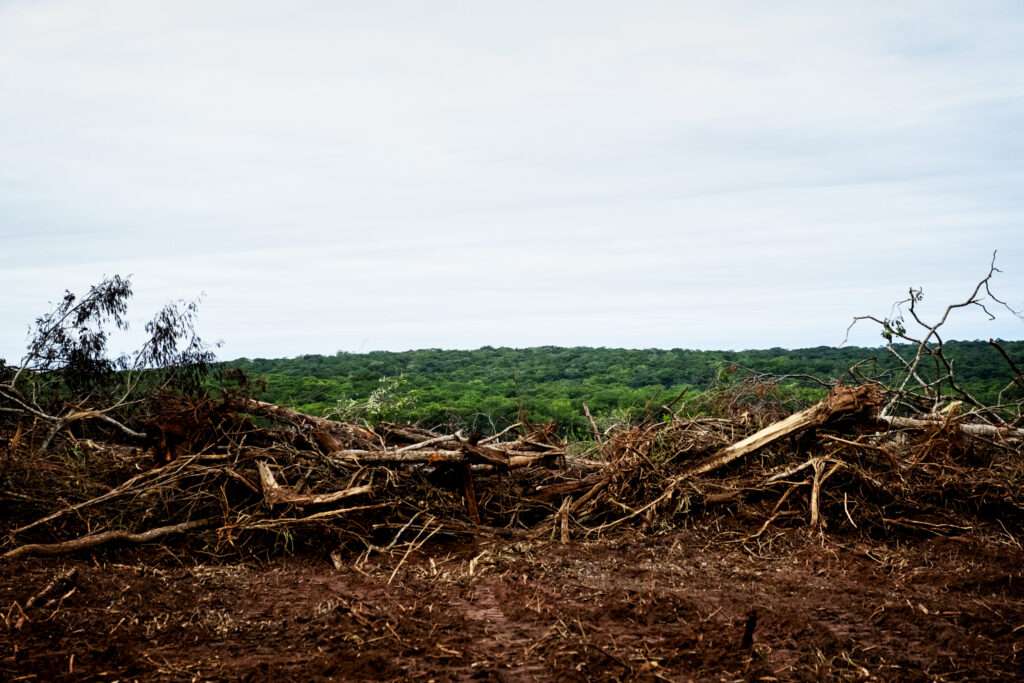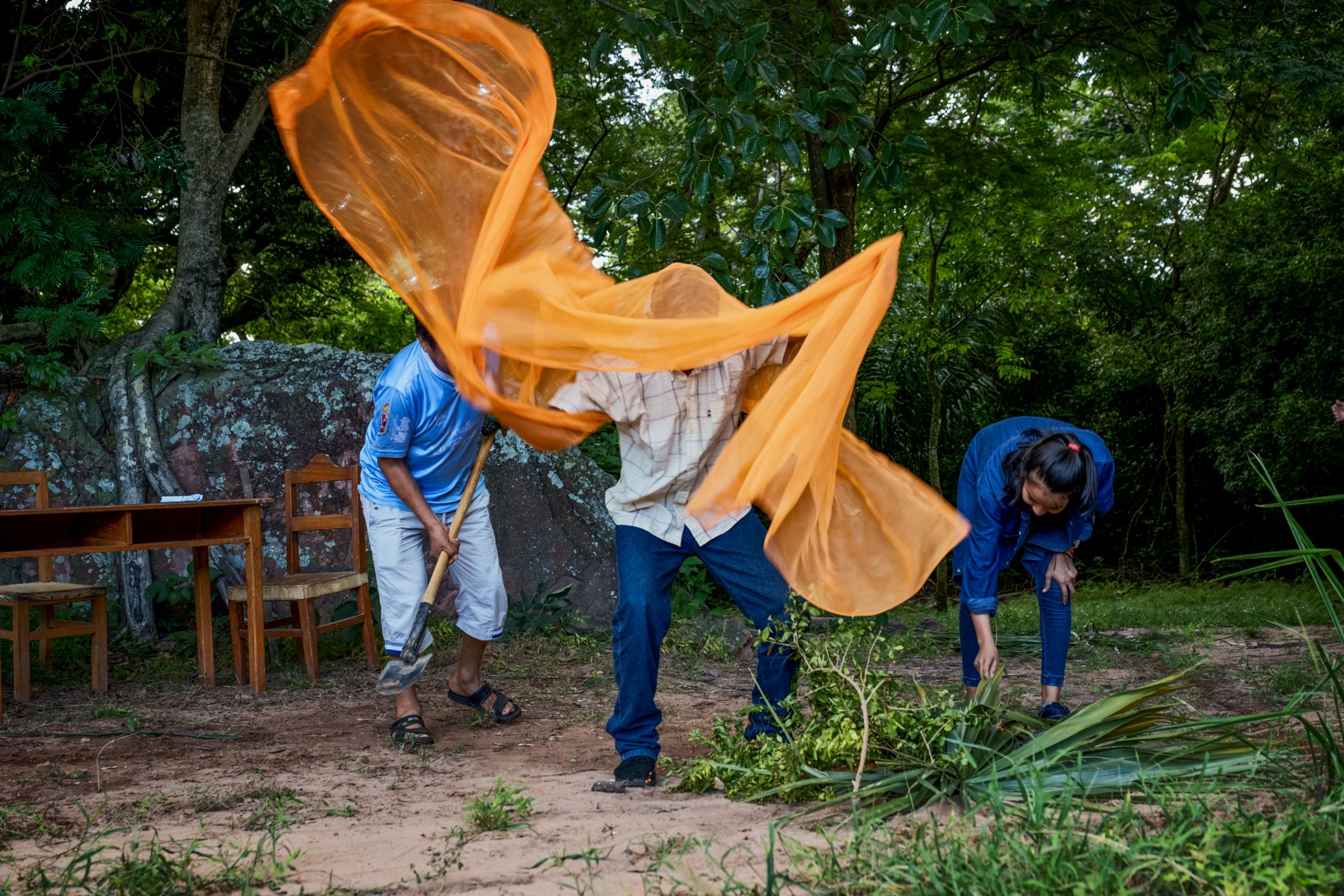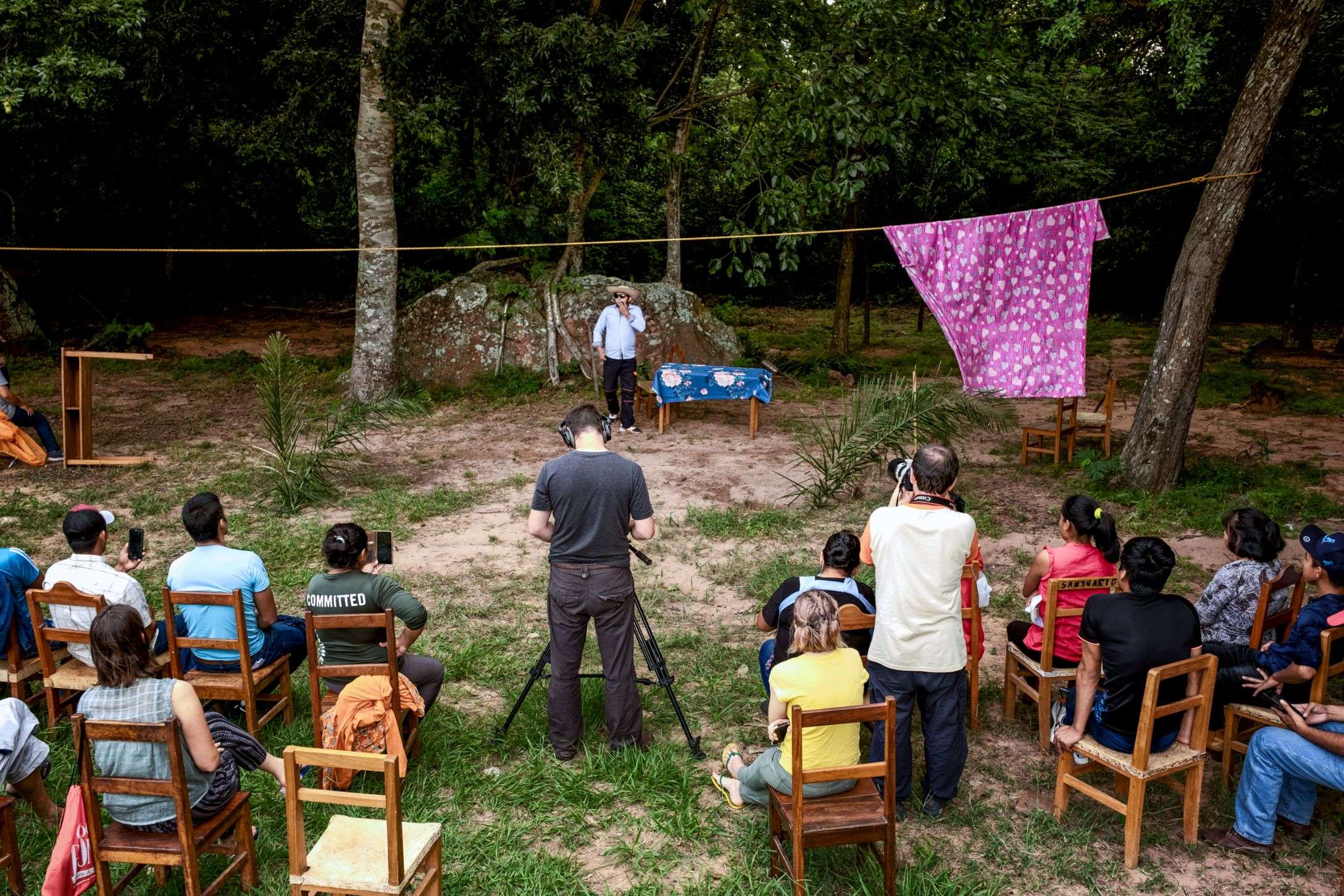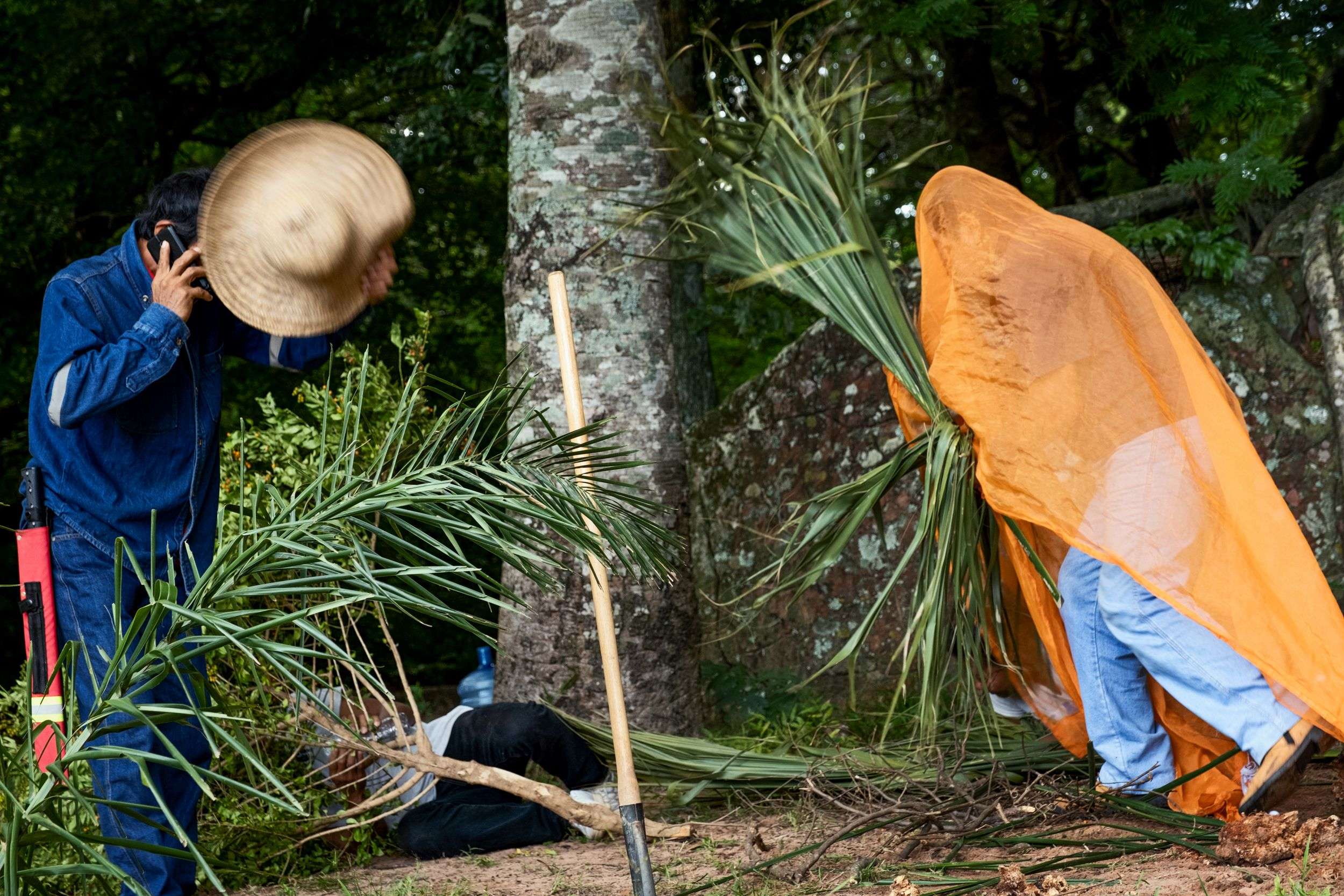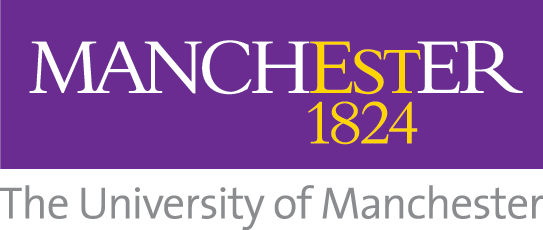The Project
Playing with Wildfire
‘Playing with wildfires’ is an action-research project situated at the interface between theatre-based artistic practice and social science research. It uses a popular community theatre method called Forum Theatre (FT) to conduct social research and generate community-based responses to multi-layered conflicts (cultural, political, distributive, environmental) in communities most affected by recent extensive wildfires in Bolivia. It aims to advance local and international public debate on the complexity and urgency of wildfire emergency through the creation of research-derived artistic work, including community theatre, experimental participatory photography and collaborative documentary film-making.
Objectives
The project documents for the first time the application of Forum Theatre methods to wildfire crises. It focuses on complex situations of oppression stemming from inter-community conflicts involving multiple dimensions: cultural and ethnic stigmatization, unsustainable livelihood strategies, political competition, and different connections to the natural environment. The aim is to develop an innovative approach to better understand the linkages between multiple dimensions of oppression and how these are reflected in a major socio-environmental crisis like wildland fires.
While target communities of FT interventions are often suffering from similar triggers of oppression, in this case, we work with communities that might diverge in their understanding and assessment of oppression, and whose conflicts are the manifestations of these divergences. Indeed, fires themselves can be a source of oppression for certain groups and a means of social reproduction and livelihood for others. Similarly, what can be understood by some as a form of pride (e.g., the contribution to the expansion of the agrarian frontier, which boosts the local economy) can be seen by others as threatening their access to ancestral territories and their cultural practices. The project is therefore contributing to develop both a theoretical understanding and a methodological approach to study this complexity.
By doing so, the project contributes to a multidisciplinary dialogue between community theatre literature and social science literature in the framework of socio-environmental emergencies. Its findings are relevant not only to inform our knowledge on wildfire emergencies, but also to understand and respond to other situations involving complex and divergent views on oppression itself.
Context
Fire crises are complex emergencies. Although not new, they have gained visibility and become more severe under the effects of global warming, demographic changes, and resource intensive development strategies. Since 2019, exceptional waves of wildland fires across the Amazon basin had devastating consequences for wildlife and livelihoods. While Brazil has dominated international media, other neighbouring countries have also suffered similar emergencies. In Bolivia, fires have had a greater proportional impact in recent years, with a total burned area similar to Brazil in a country that is eight times smaller. Most of the destruction in Bolivia has been concentrated in Chiquitania, a region that hosts one of the largest and best-preserved dry forests in South America and worldwide. It is formed by 14 municipalities and inhabited by rural populations clustered in villages or small communities. Chiquitania represents a multicultural landscape with four main lowland indigenous groups living in the area: Chiquitanos, Guarayos, Ayoreos and Guarasugwés. From the early 2000s, the region has received considerable migration of highland indigenous peasants (Quechua and Aymara) moving eastwards in search for land, with many of the local villages tripling their populations.
Chiquitania has also seen exponential growth in agricultural production over the past decade, becoming one of the main livestock producers in Bolivia. This has been mostly driven by small and medium ranchers engaged in extensive farming and grazing. Major contributors to this industry are the region’s 46 Mennonite communities (~53,000 members), descendent from early 20th century European migrants. Legal and illegal logging, and mining have also witnessed rapid expansion in recent years. The accelerated changes to Chiquitania’s economic activities have profoundly transformed its human landscape.
The pressures of coexistence between different groups are generating low intensity conflict around competing, and at times incompatible, ways of managing land and local resources, as well as cultural practices and visions of future development. Although frictions have rarely escalated into physical violence, they have been underpinned by racist and discriminatory popular narratives and led to de facto segregation. Both the fire emergency and the political crisis have deepened and intensified local conflicts in the region, with numerous recent newspaper articles reporting inflammatory public discourse during rallies and mutual accusations and threats among different social groups.
This research responds directly to the urgent need for inter-community dialogue in fire-affected communities by deploying theatre-based activities as a means of facilitating conflict resolution and of imagining and putting into action alternative collective strategies.
This research represents one of the few documented investigations of social conflicts underscoring a wildfire crisis as well as the only one using theatre-based methods applied to a fire emergency. The project’s findings provide valuable learning to researchers from different disciplines (arts and humanities, social sciences, natural sciences) and, with adaptations to specific country circumstances, to practitioners and policy-makers in other countries of the Global South experiencing recurrent and severe fire emergencies.
The project was funded by the British Arts and Humanities Research Council and led by Newcastle University in collaboration with the NGO Ciudadanía and the University of Manchester.
We would like to thank the 28 participants to the Forum Theatre workshop, and particularly the seven ‘actors’ who joined the community tour. Their engagement, enthusiasm, commitment and willingness to experiment and trust the process were key for the success of the project. We are also grateful to the many communities, people, local institutions and organisations that supported in various way the project, by hosting our performances, offering venues and equipment, advertising the events and showing their interest and commitment to the idea.
Photos: Max Hirzel
